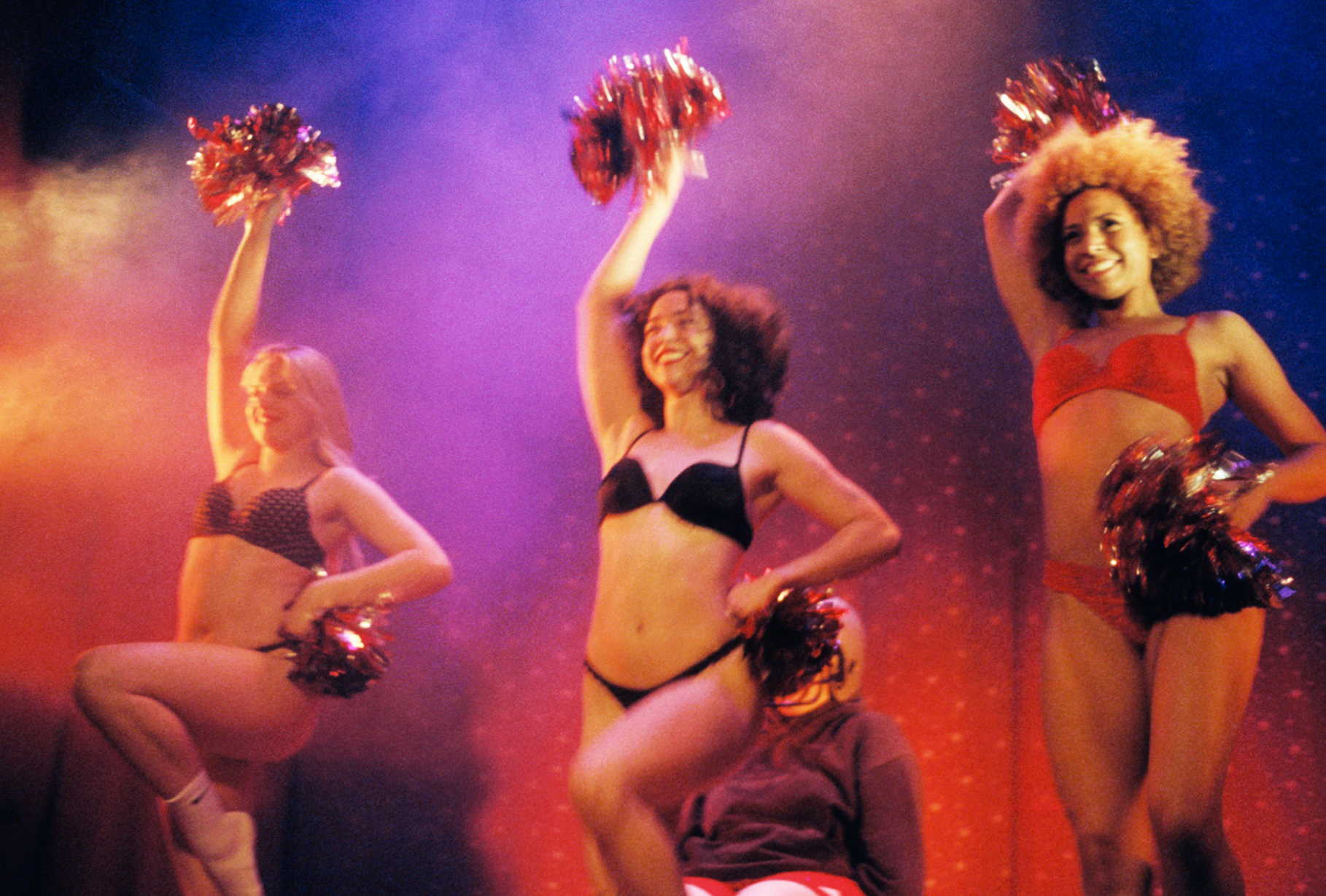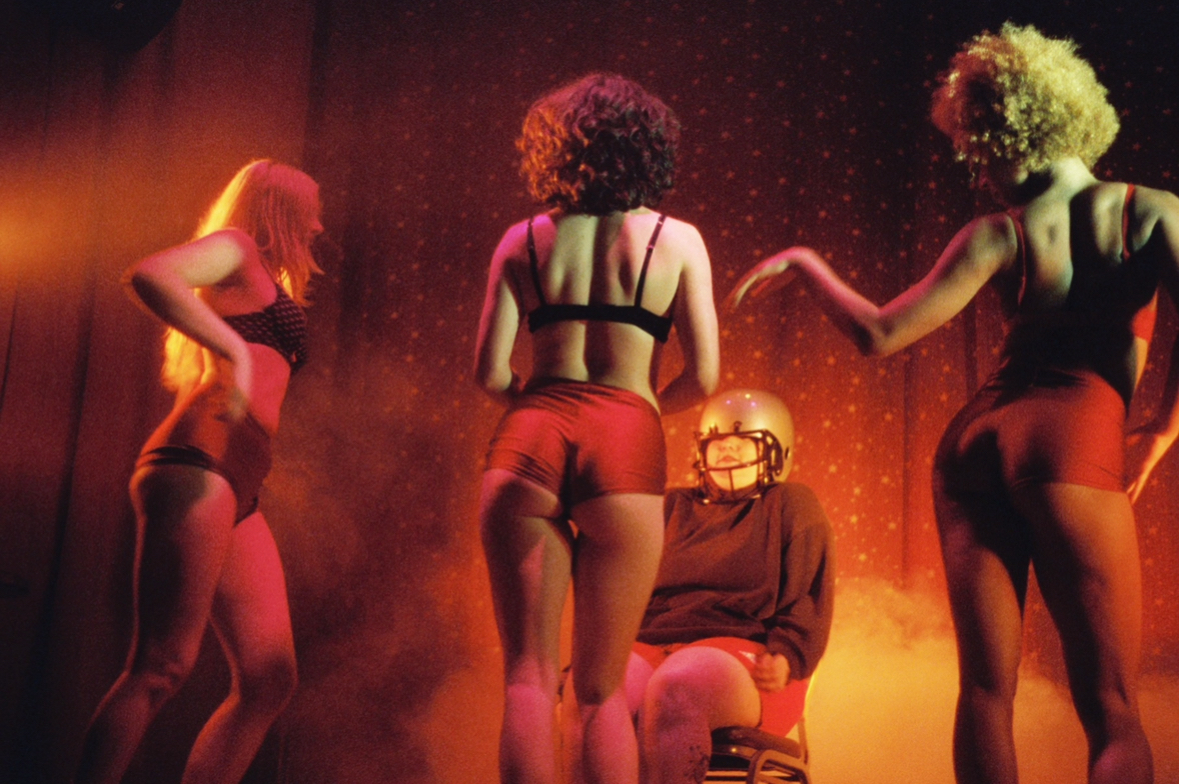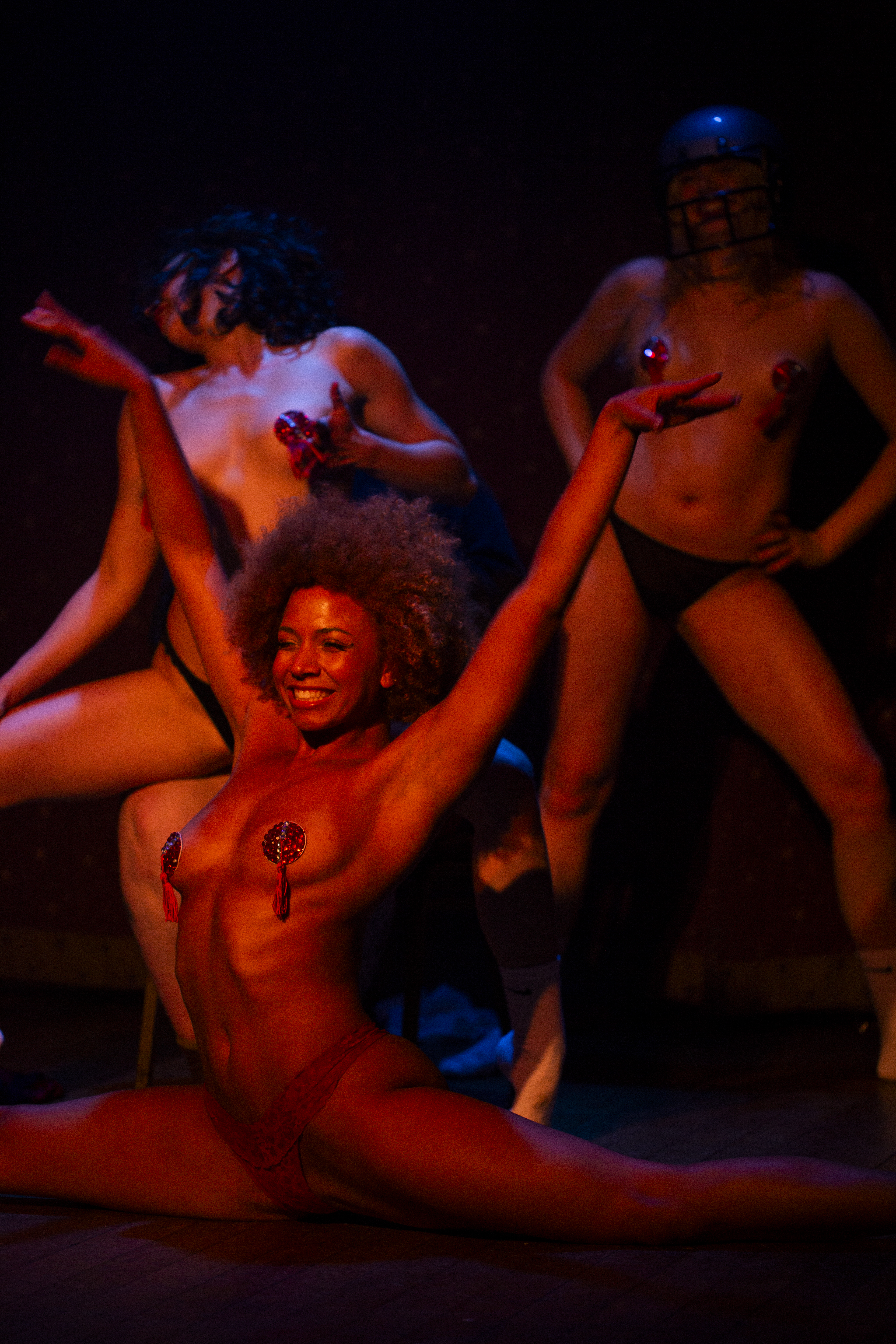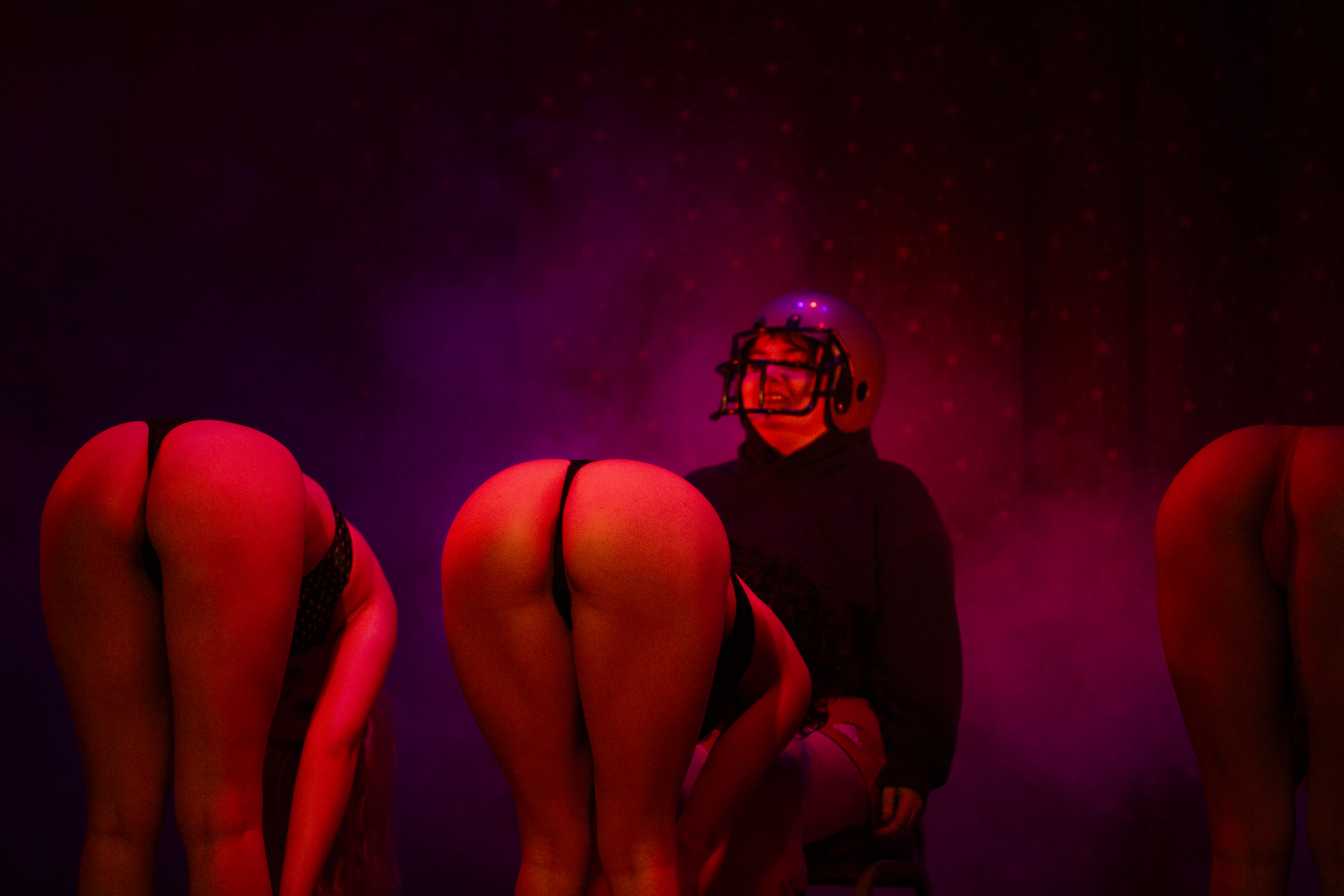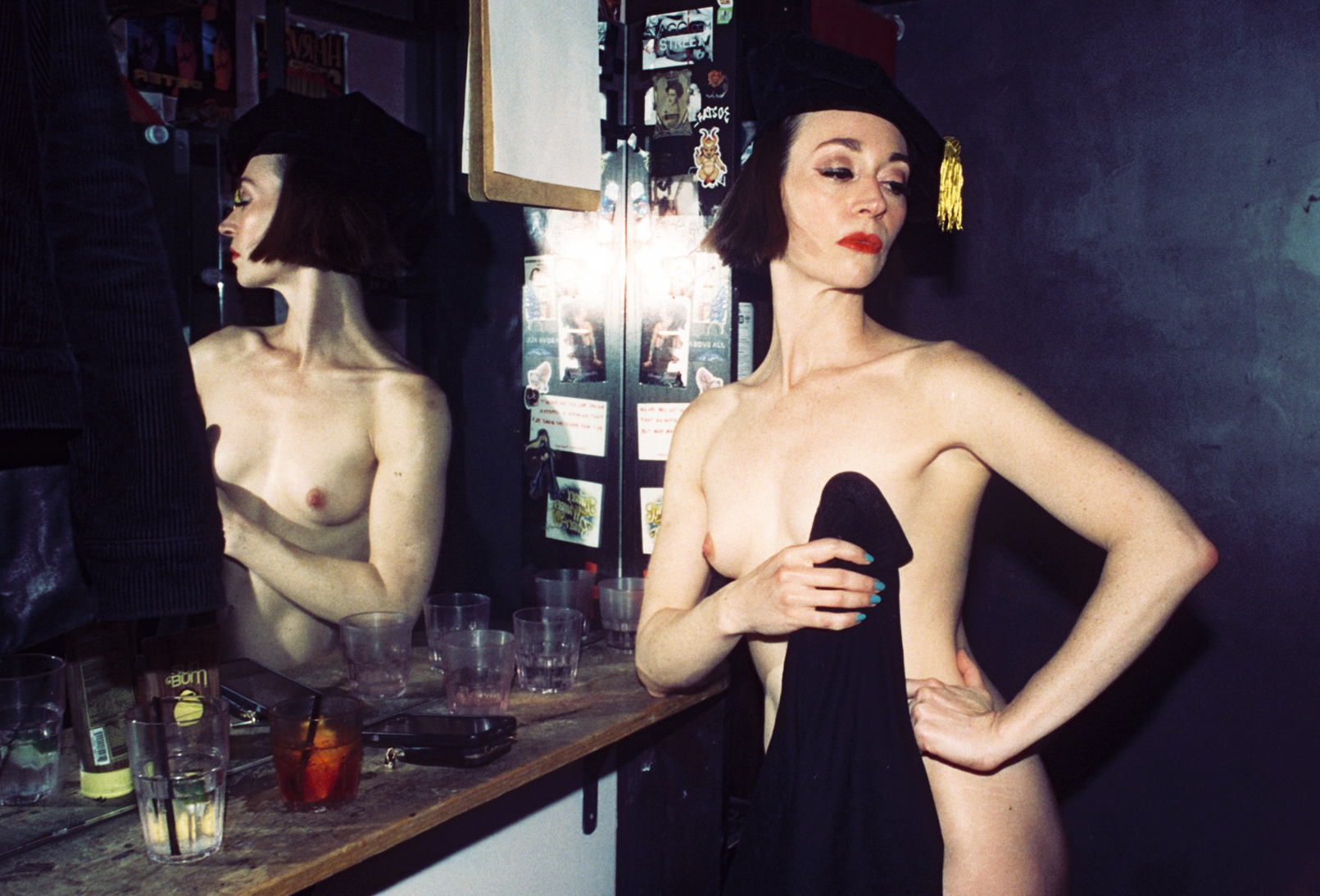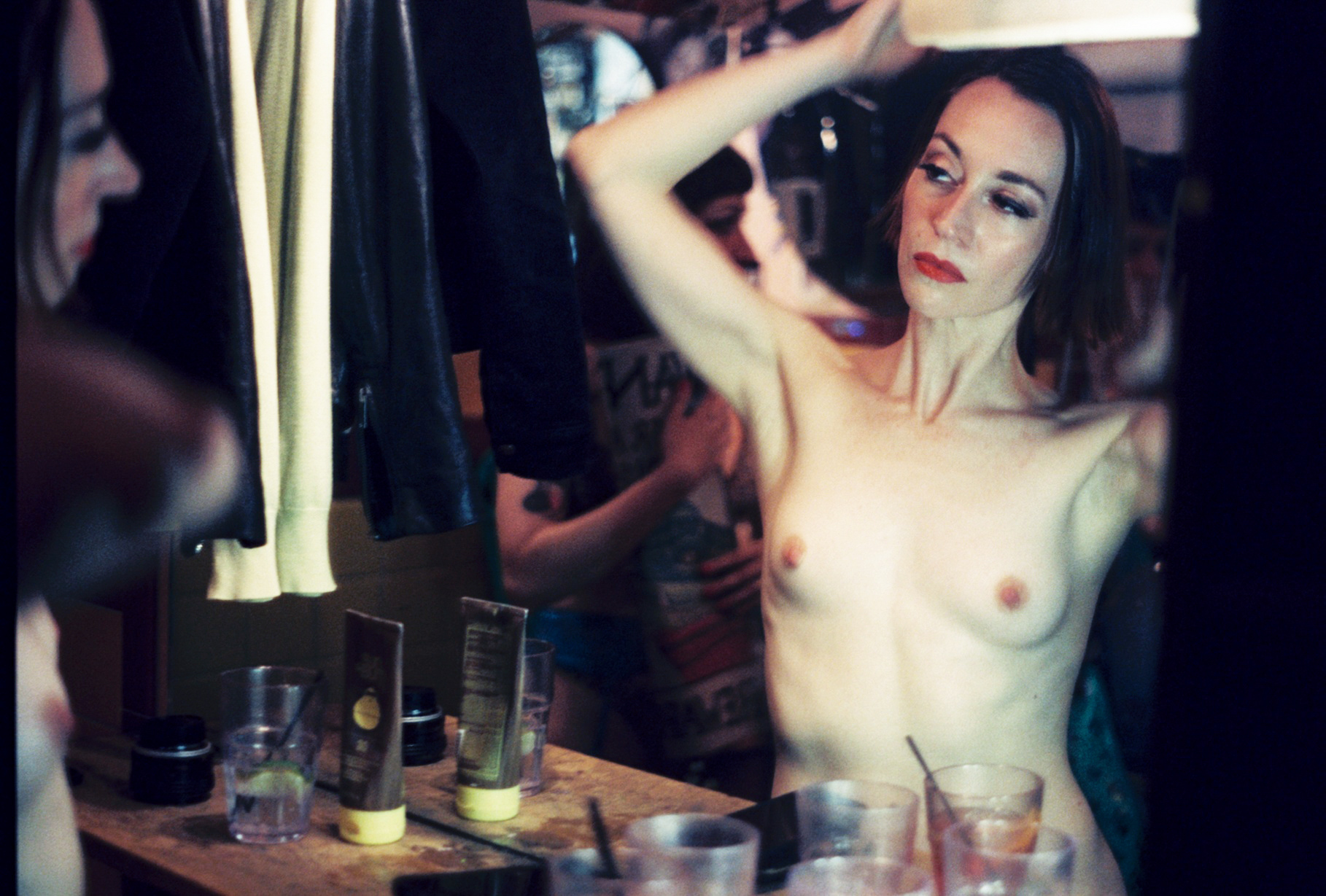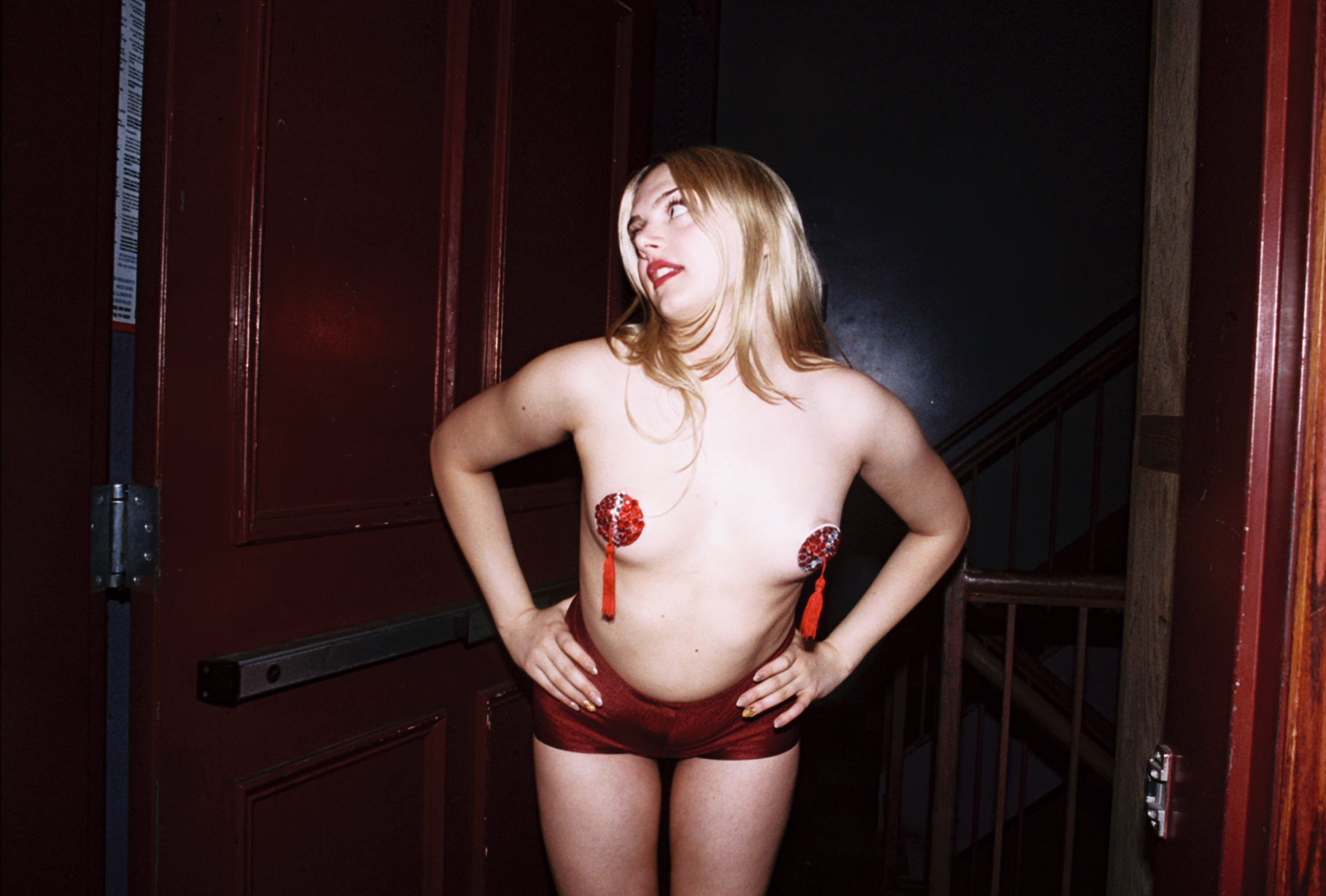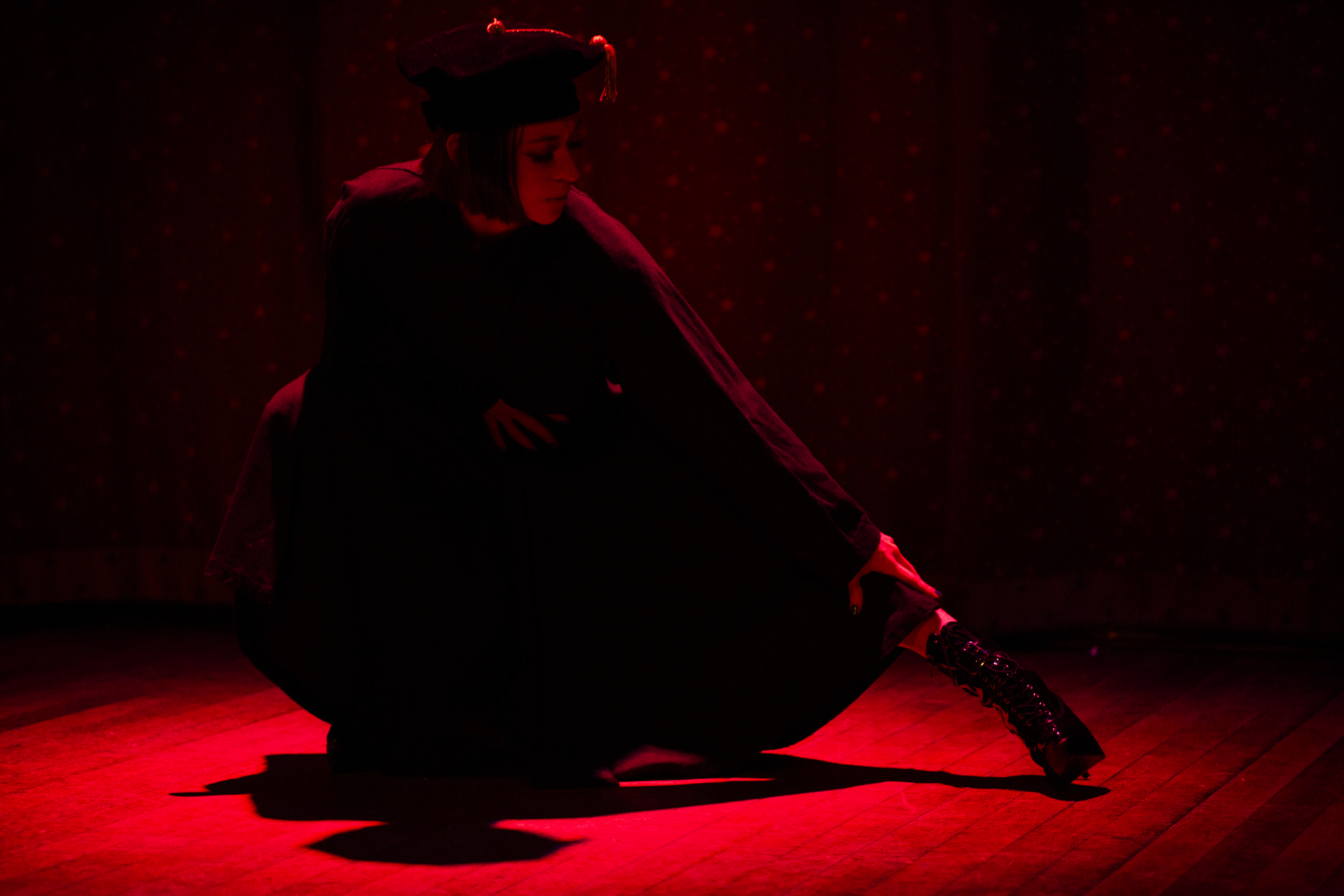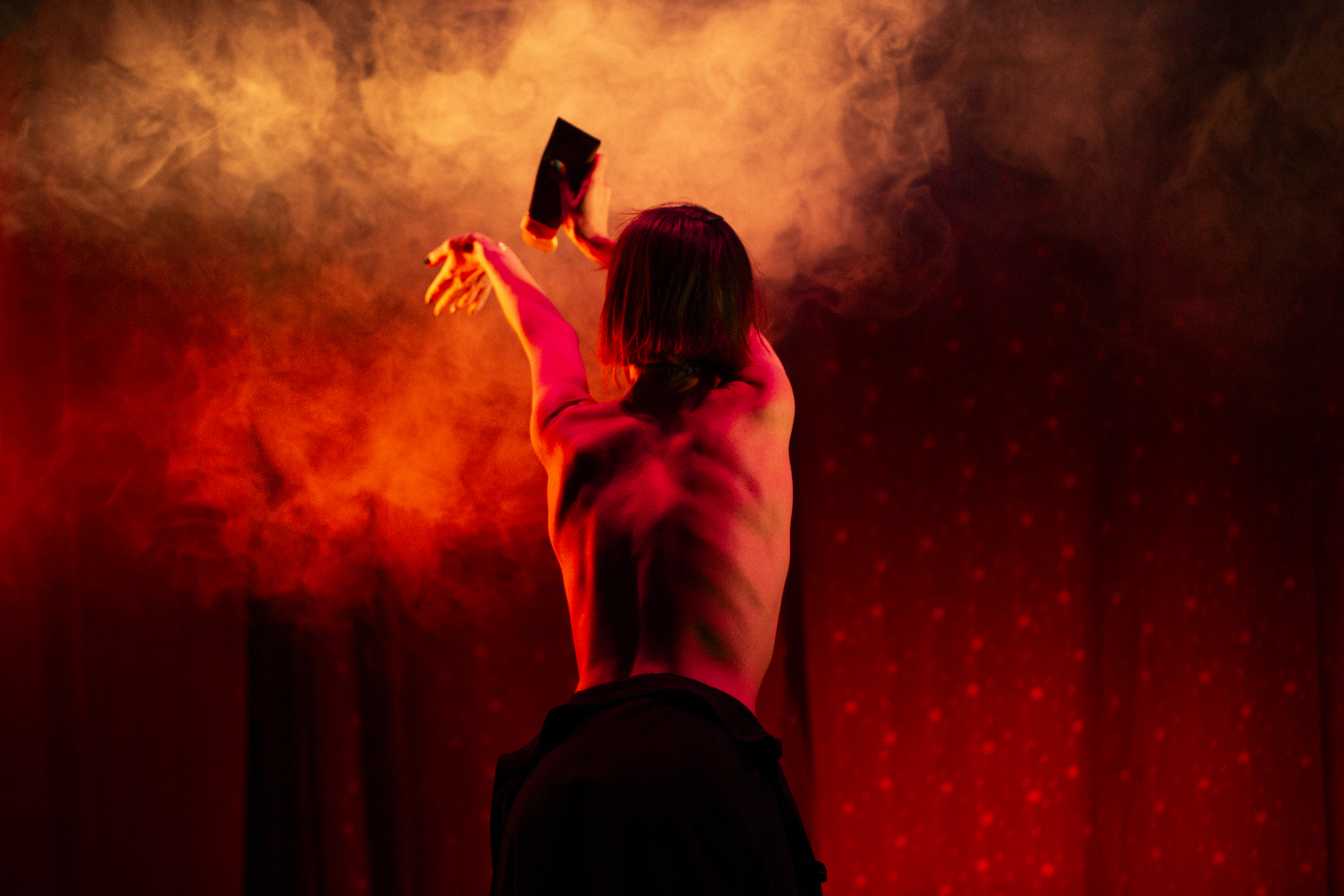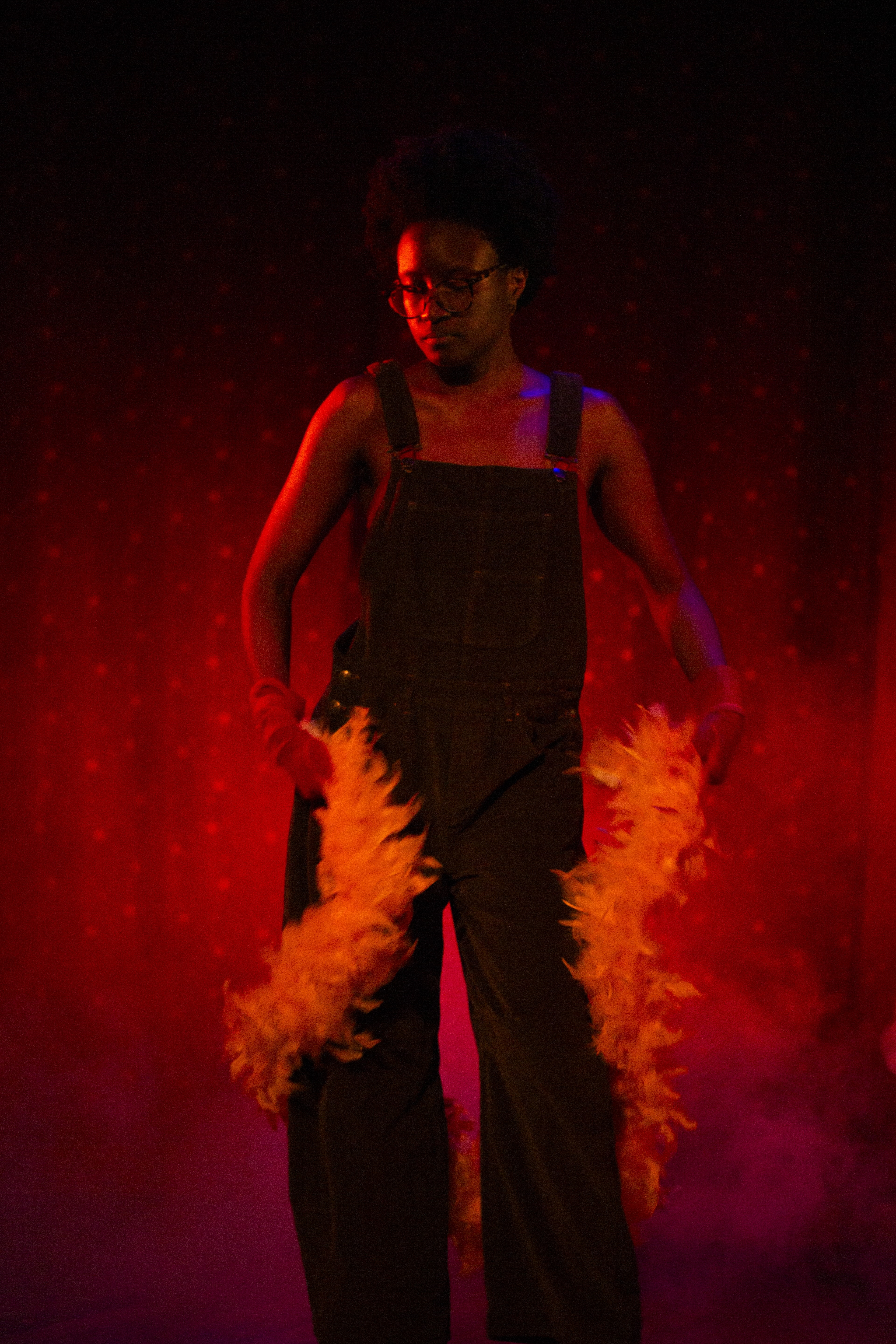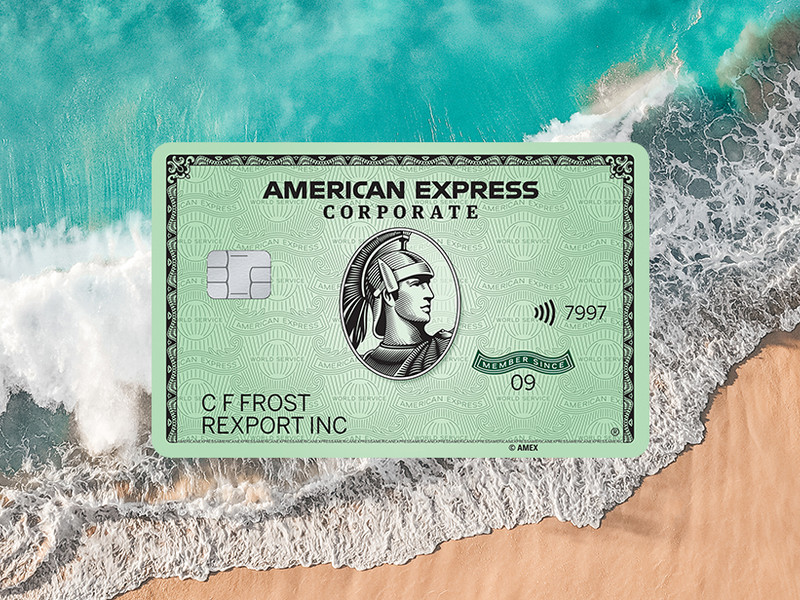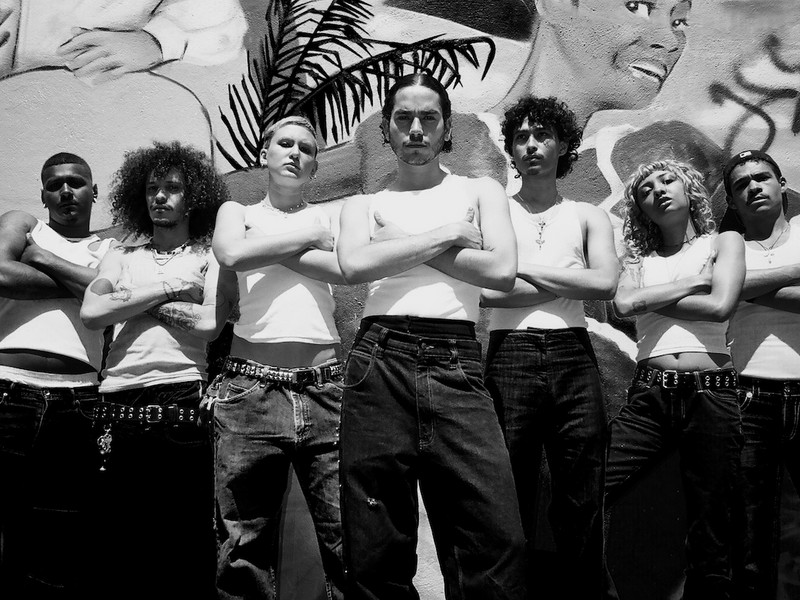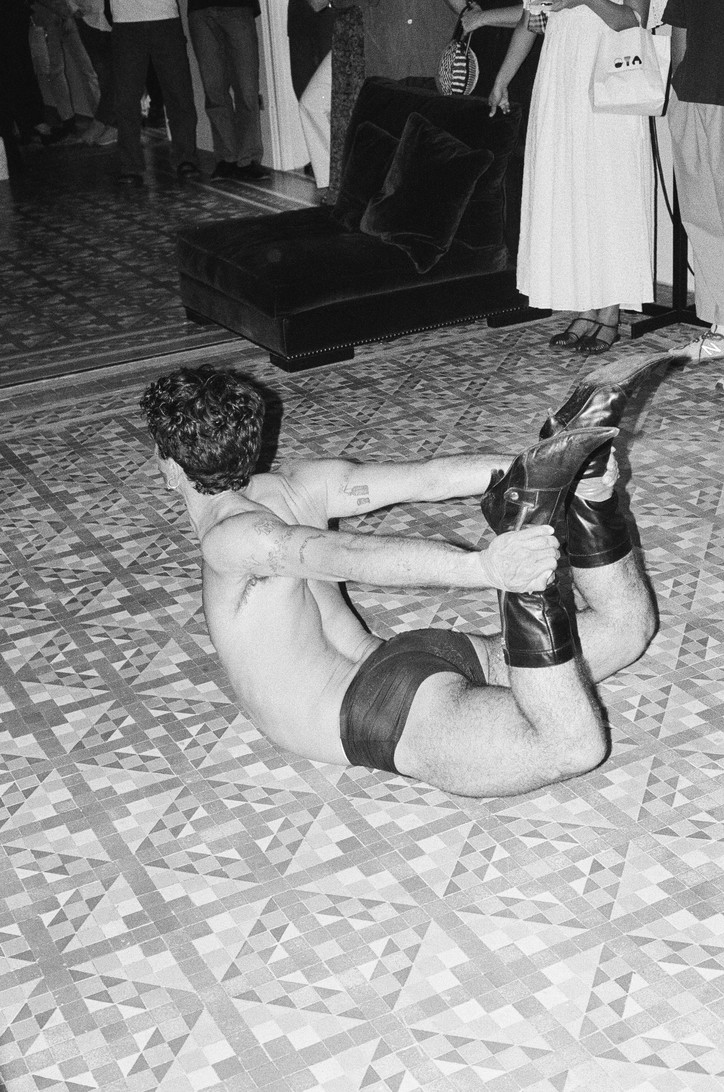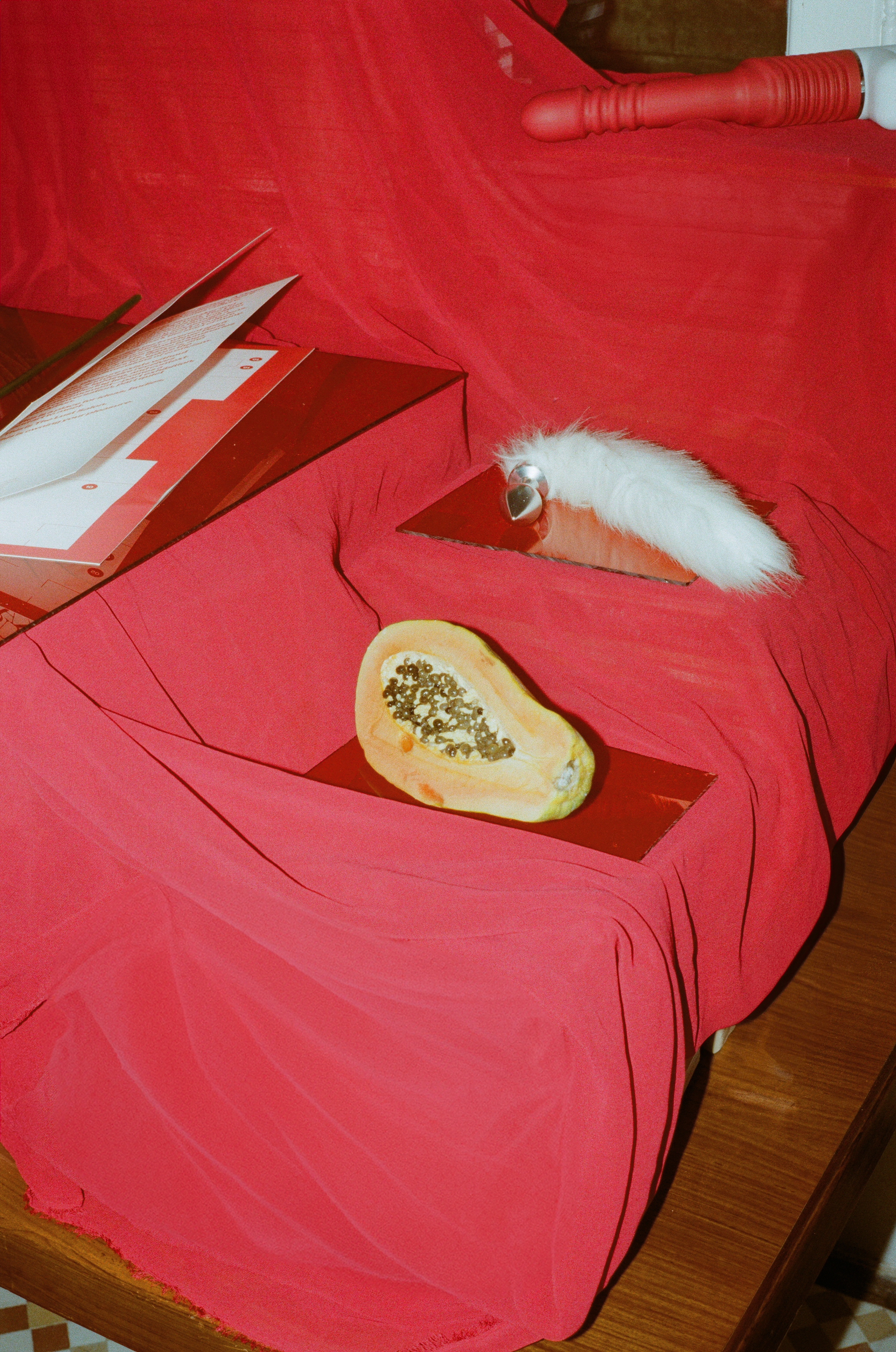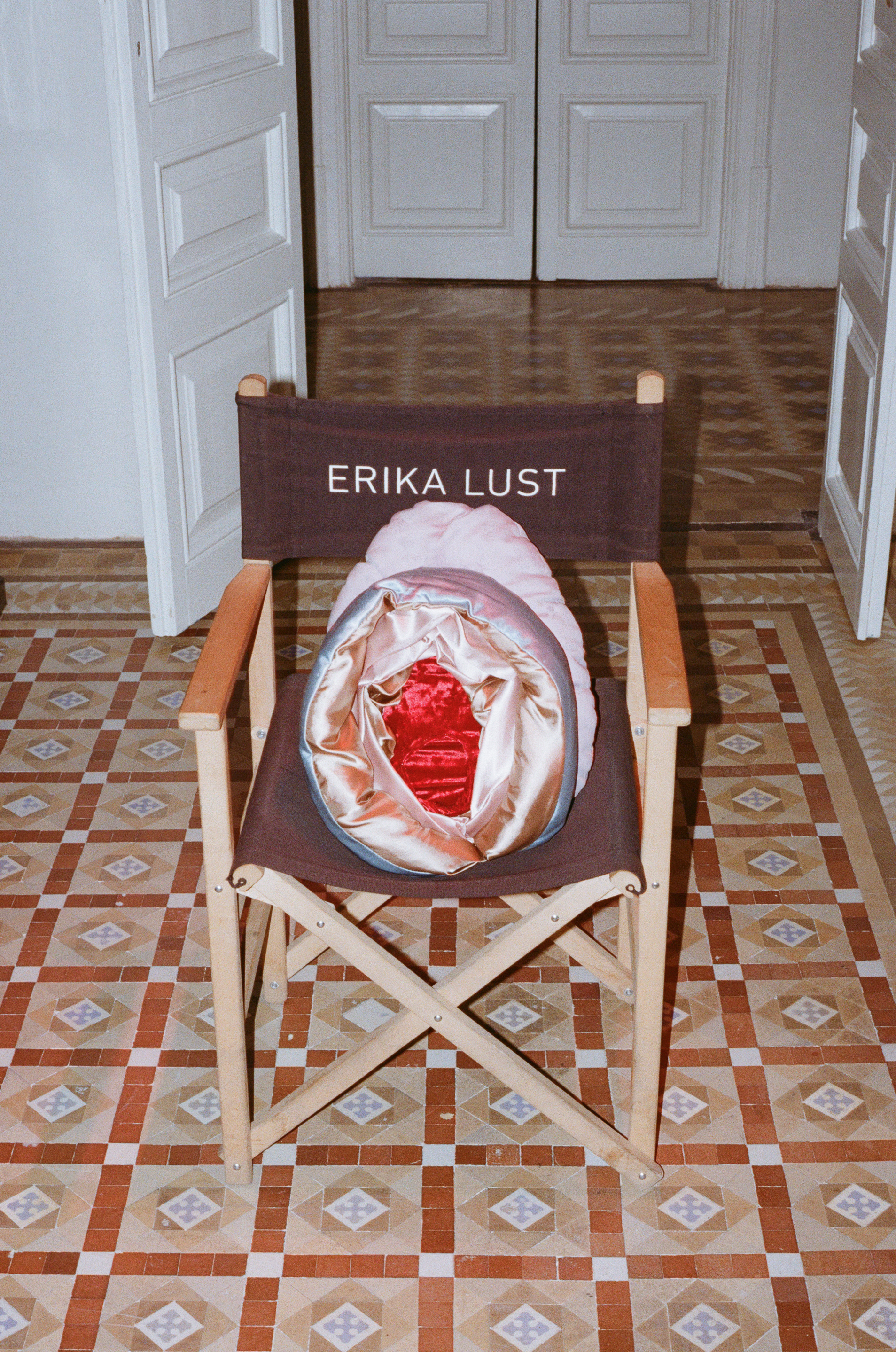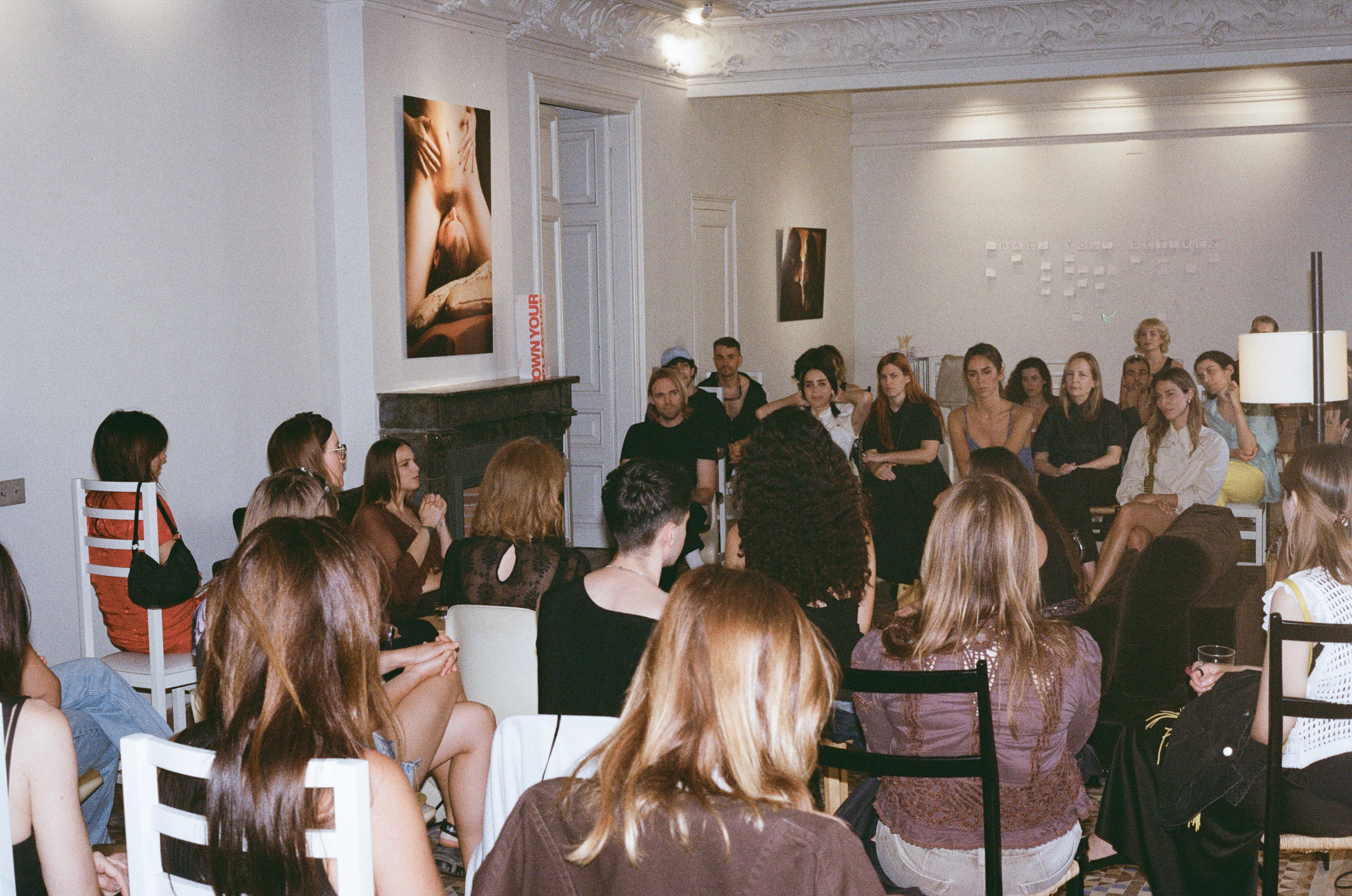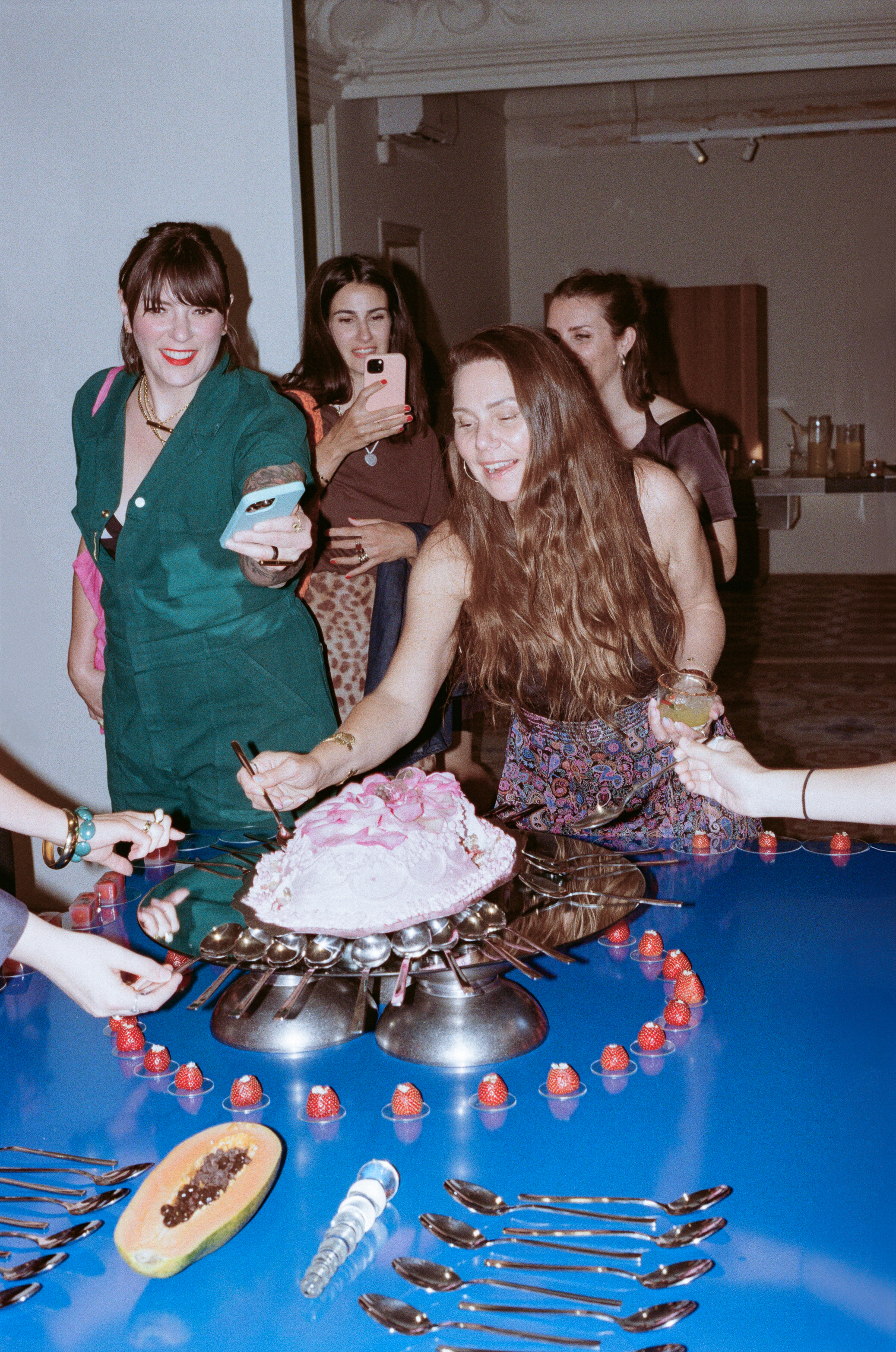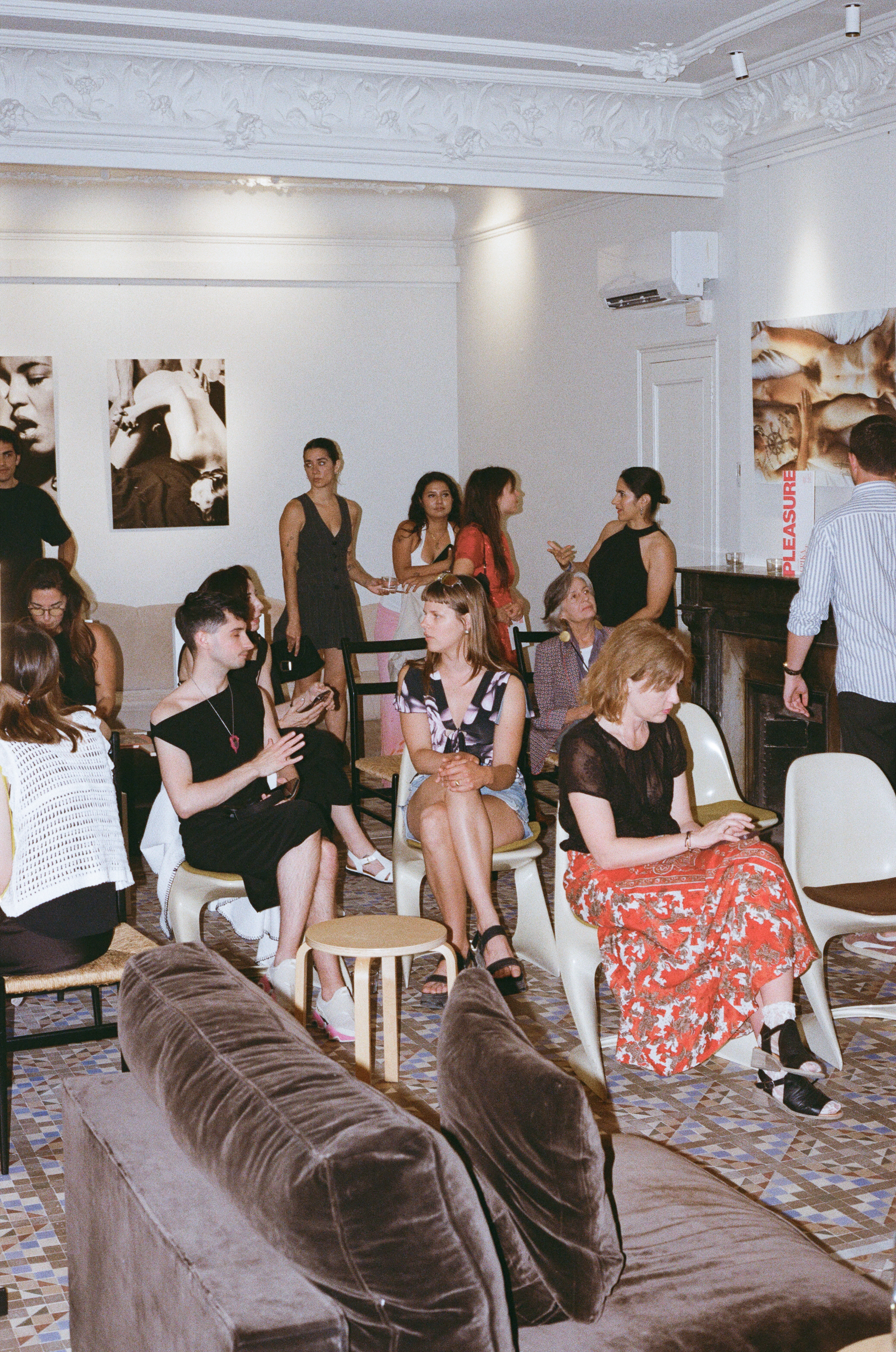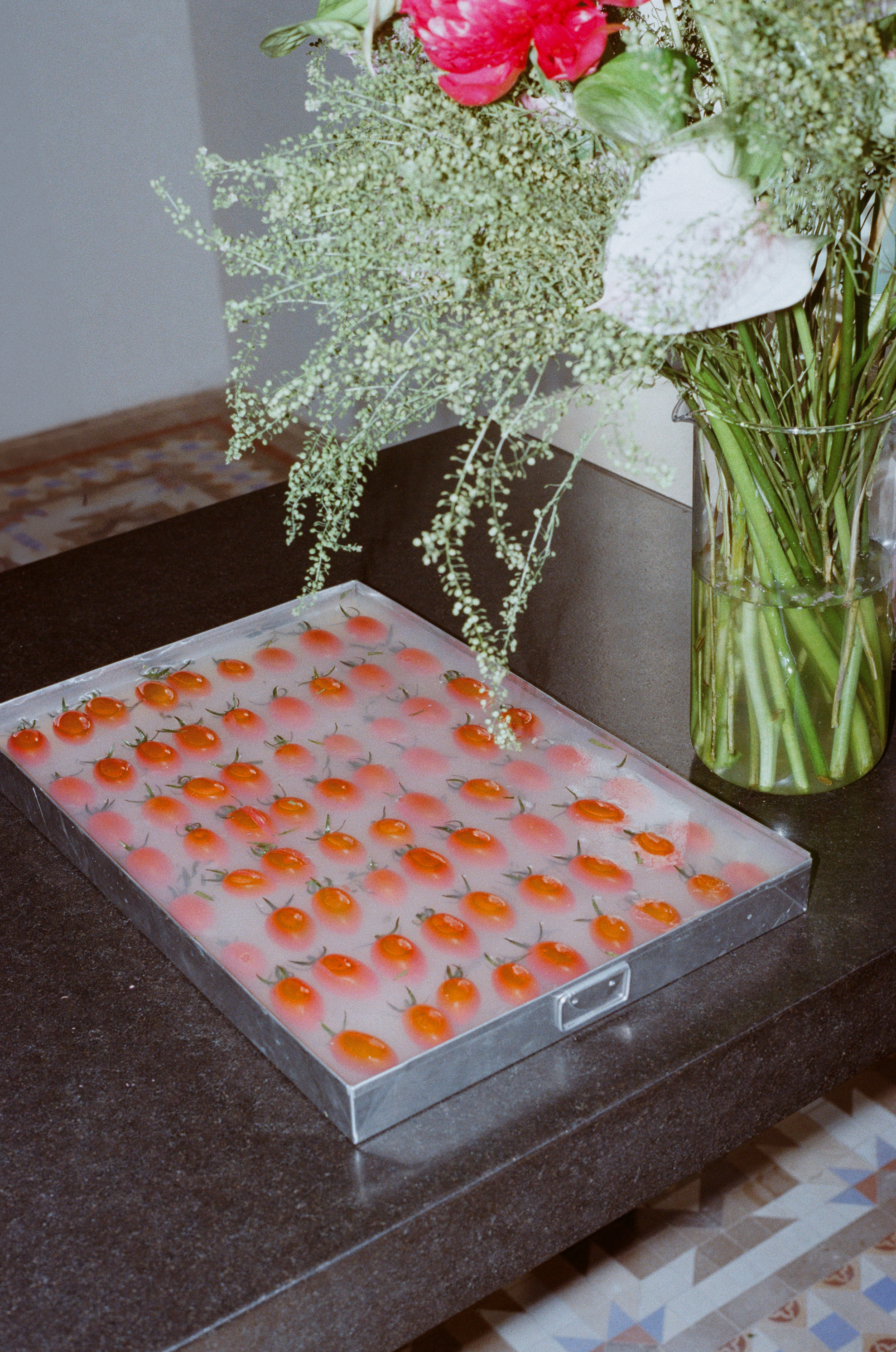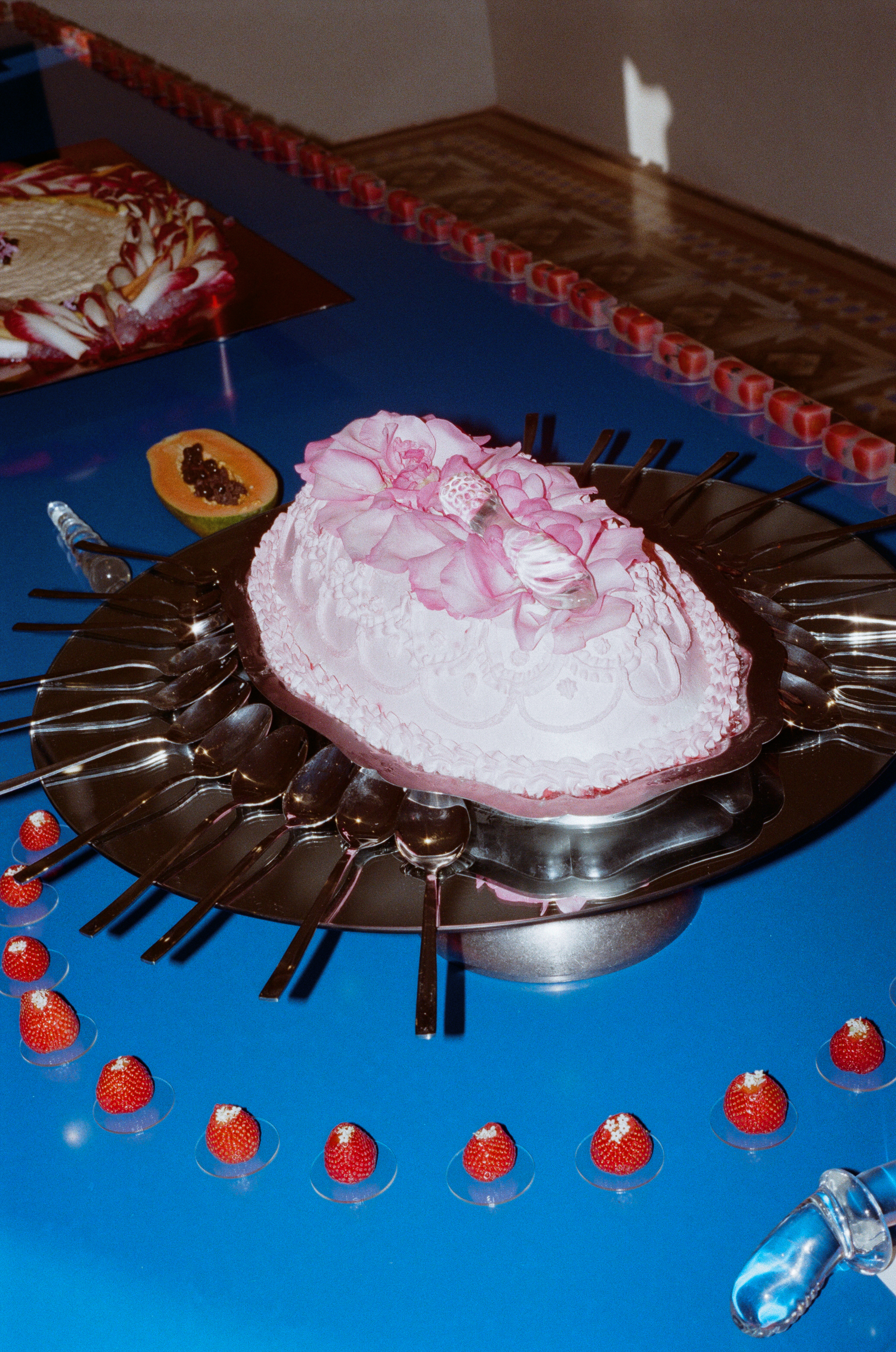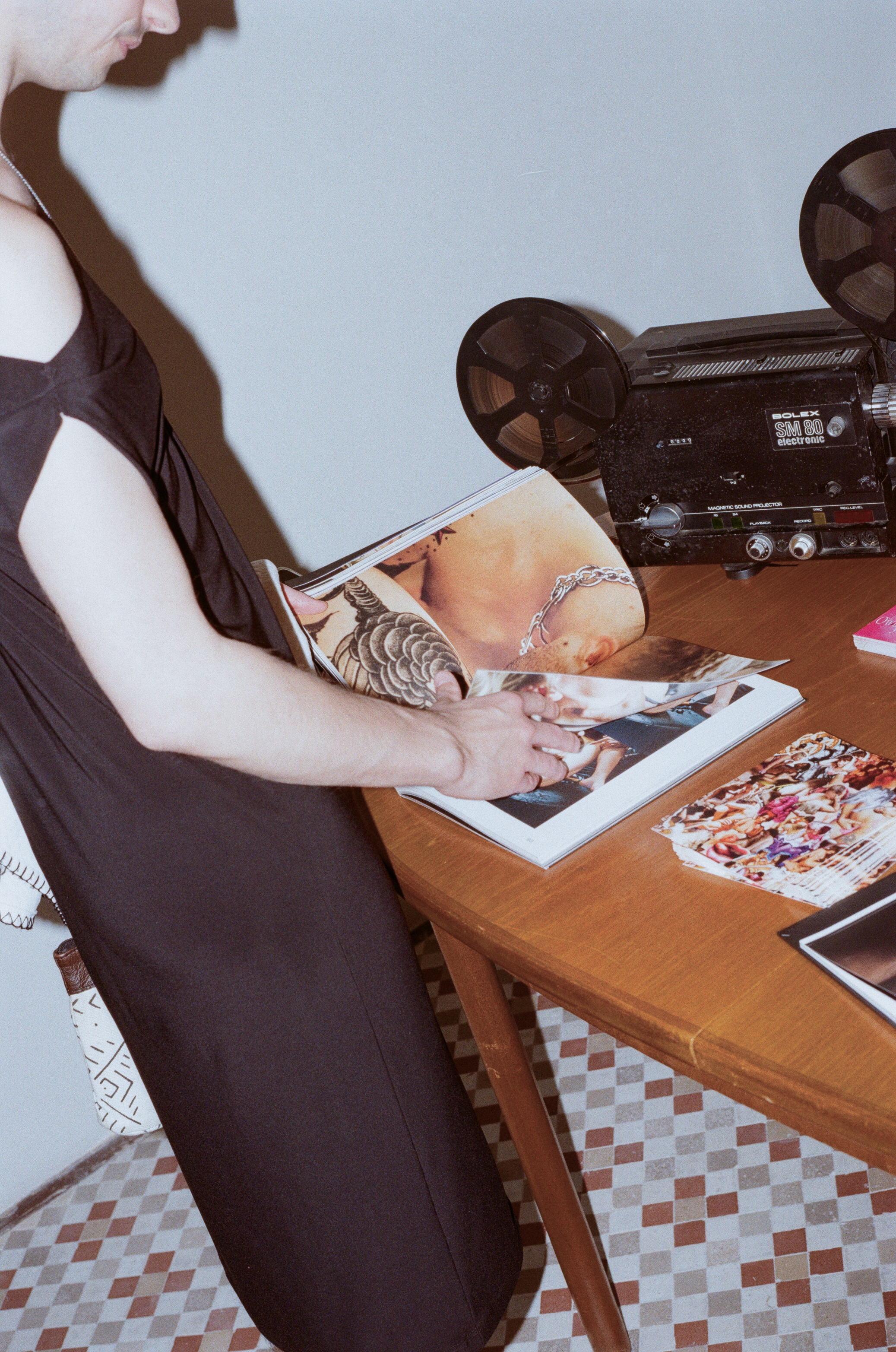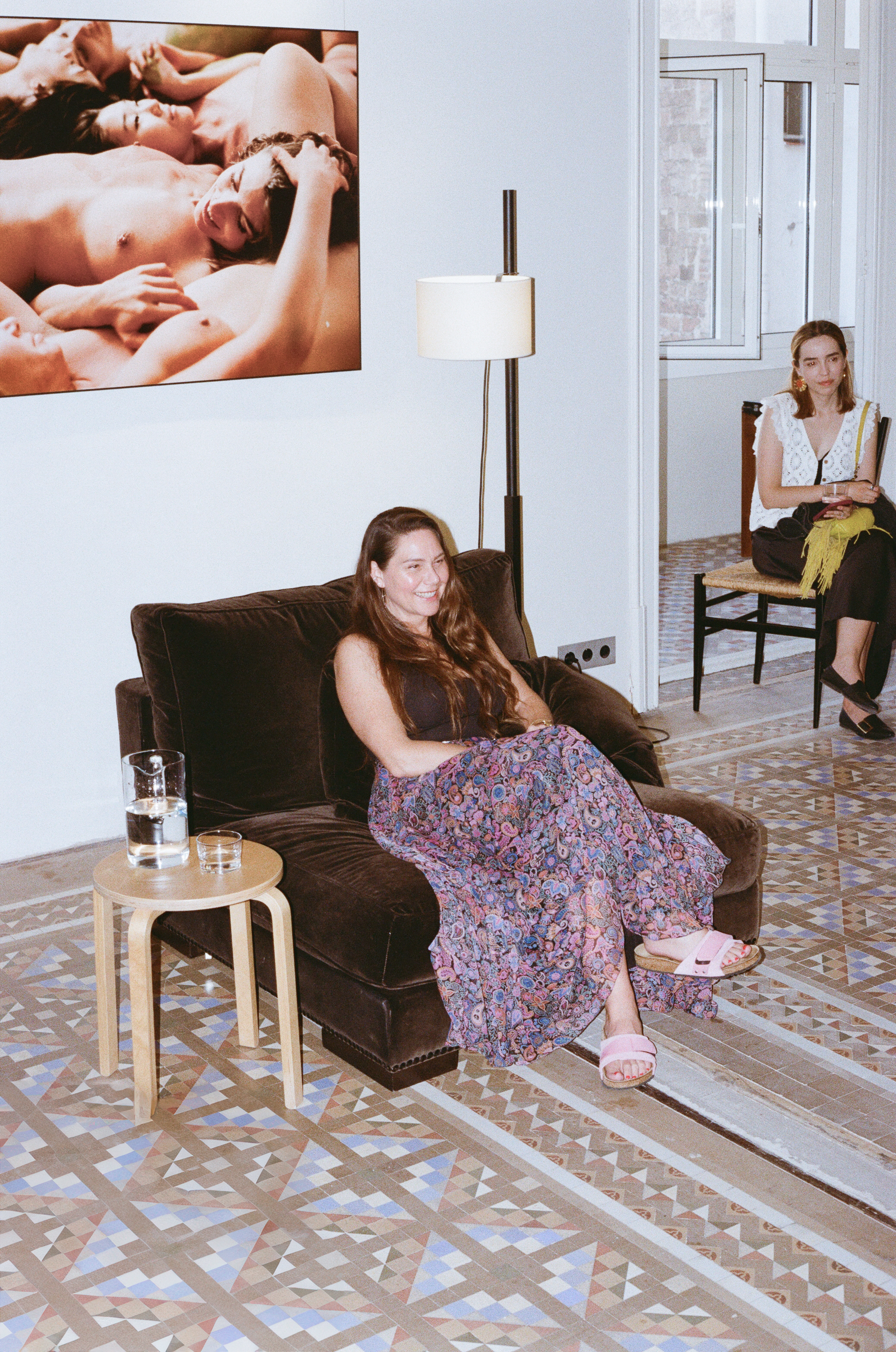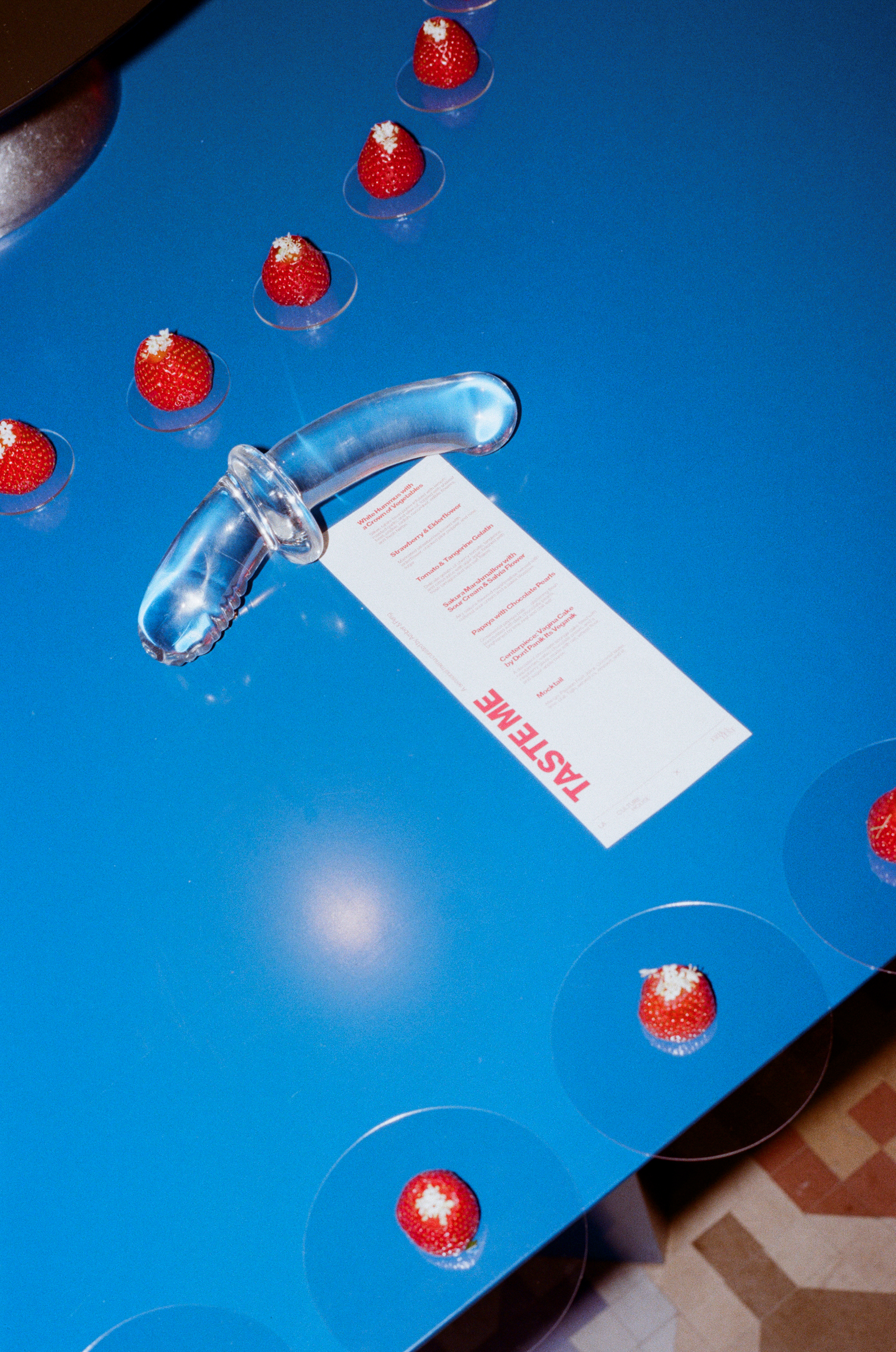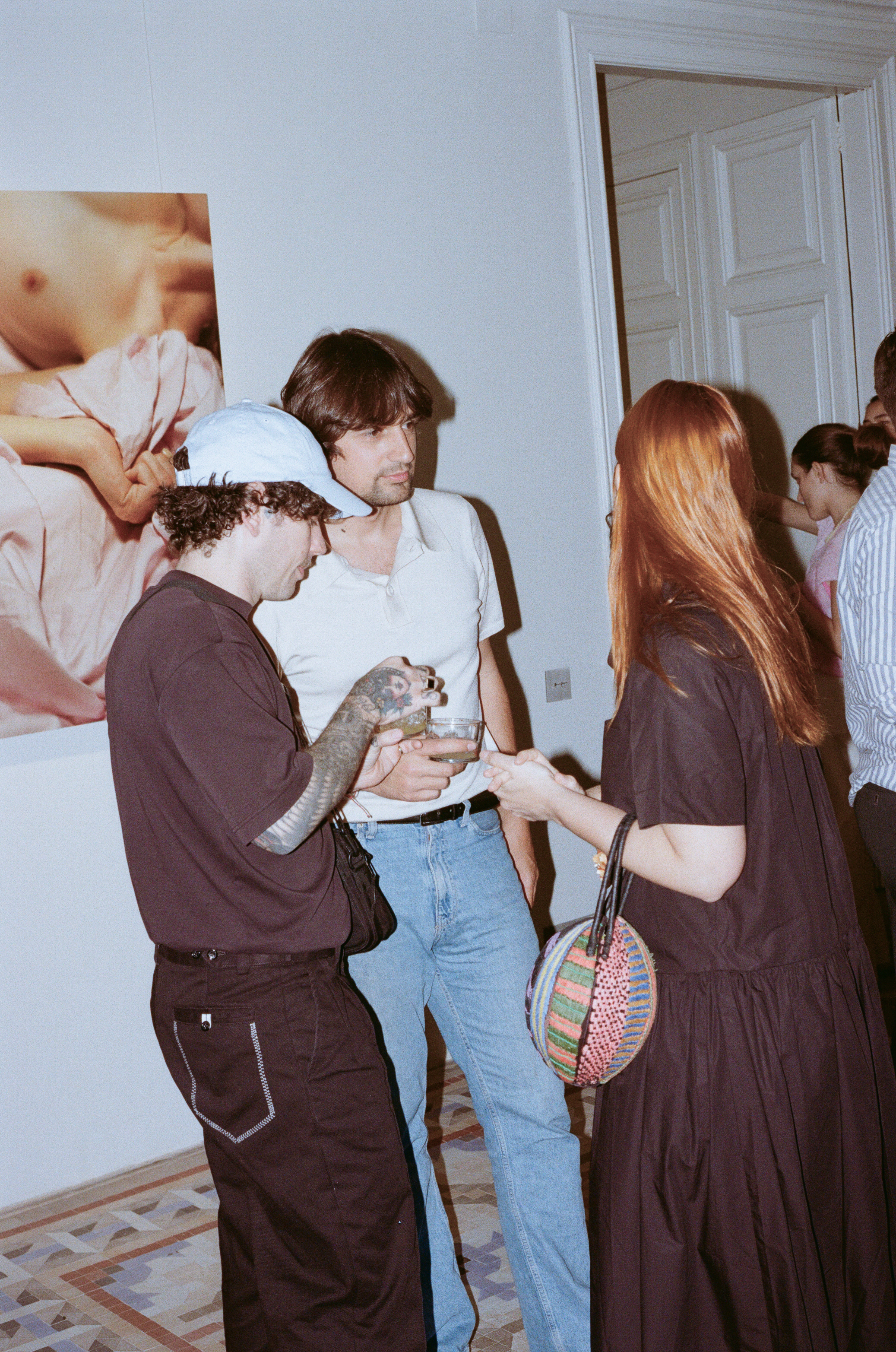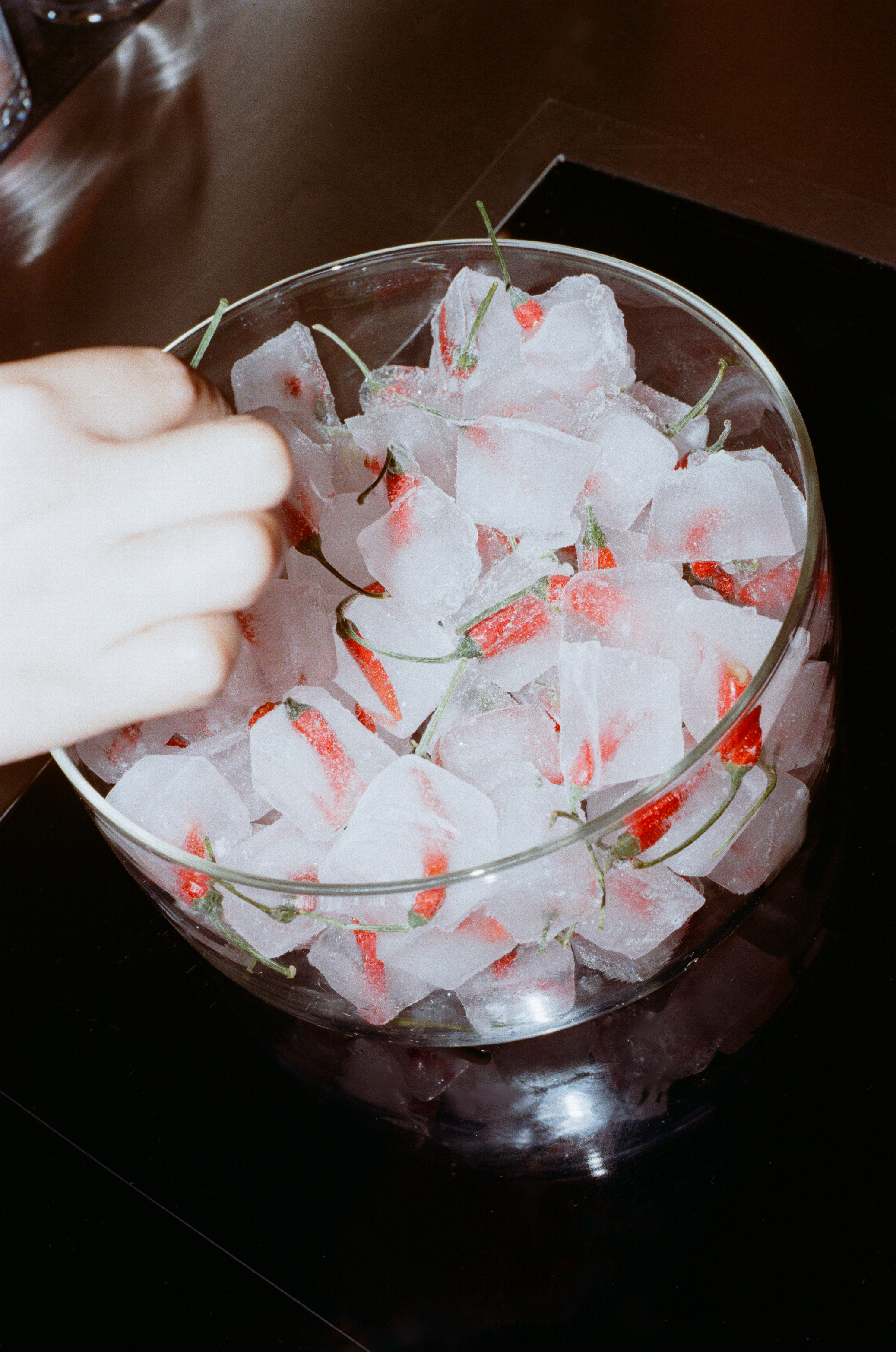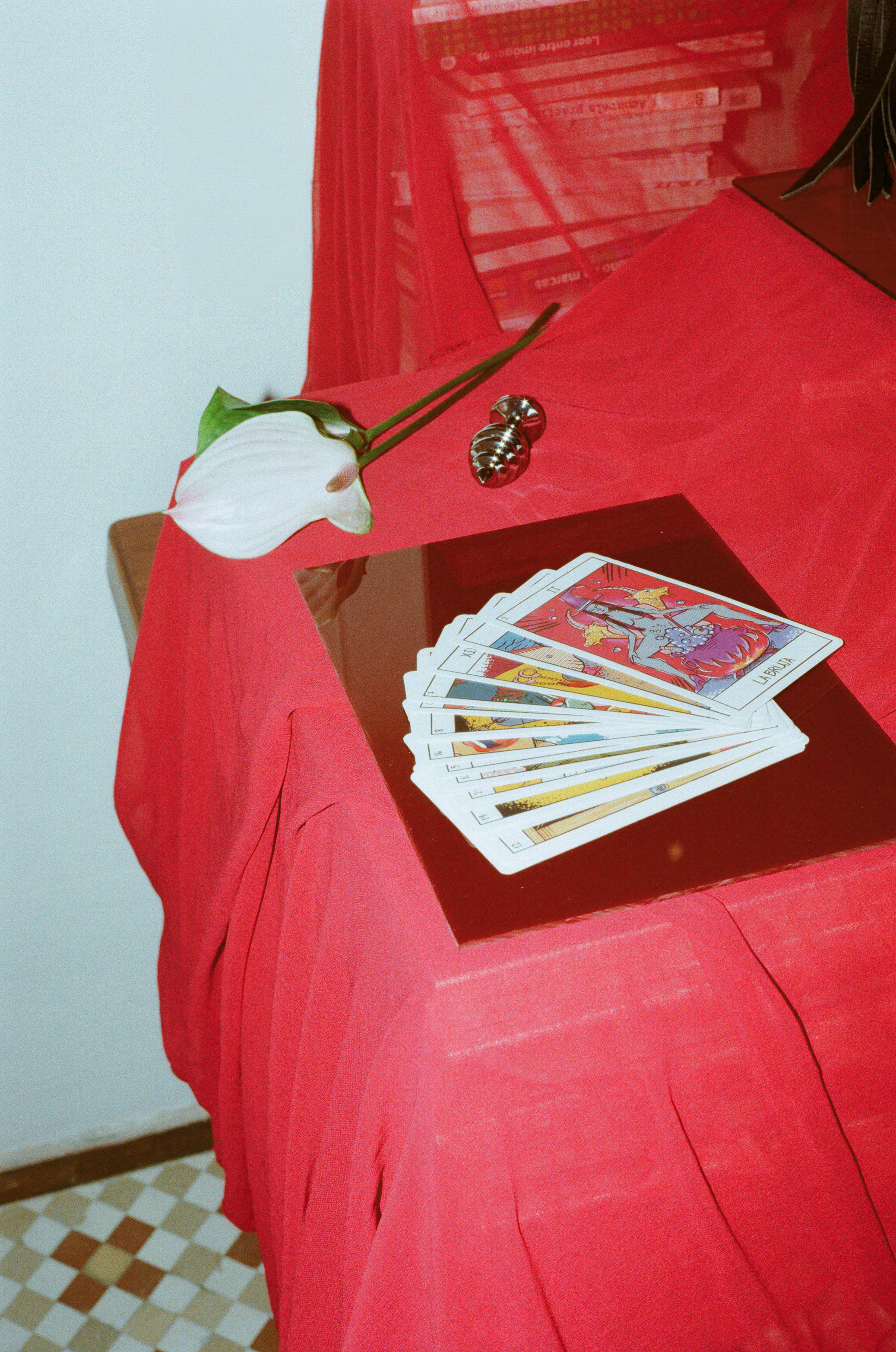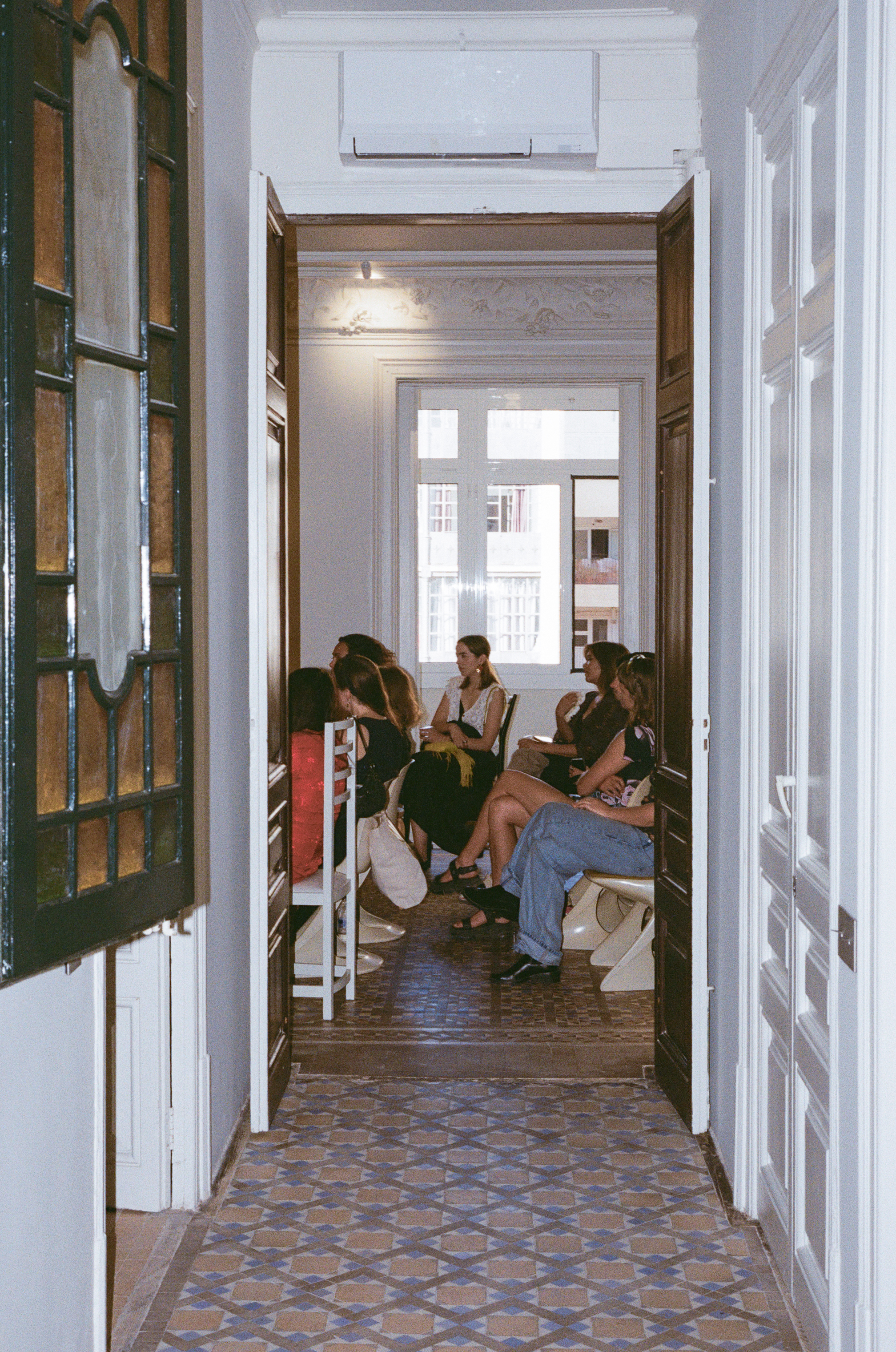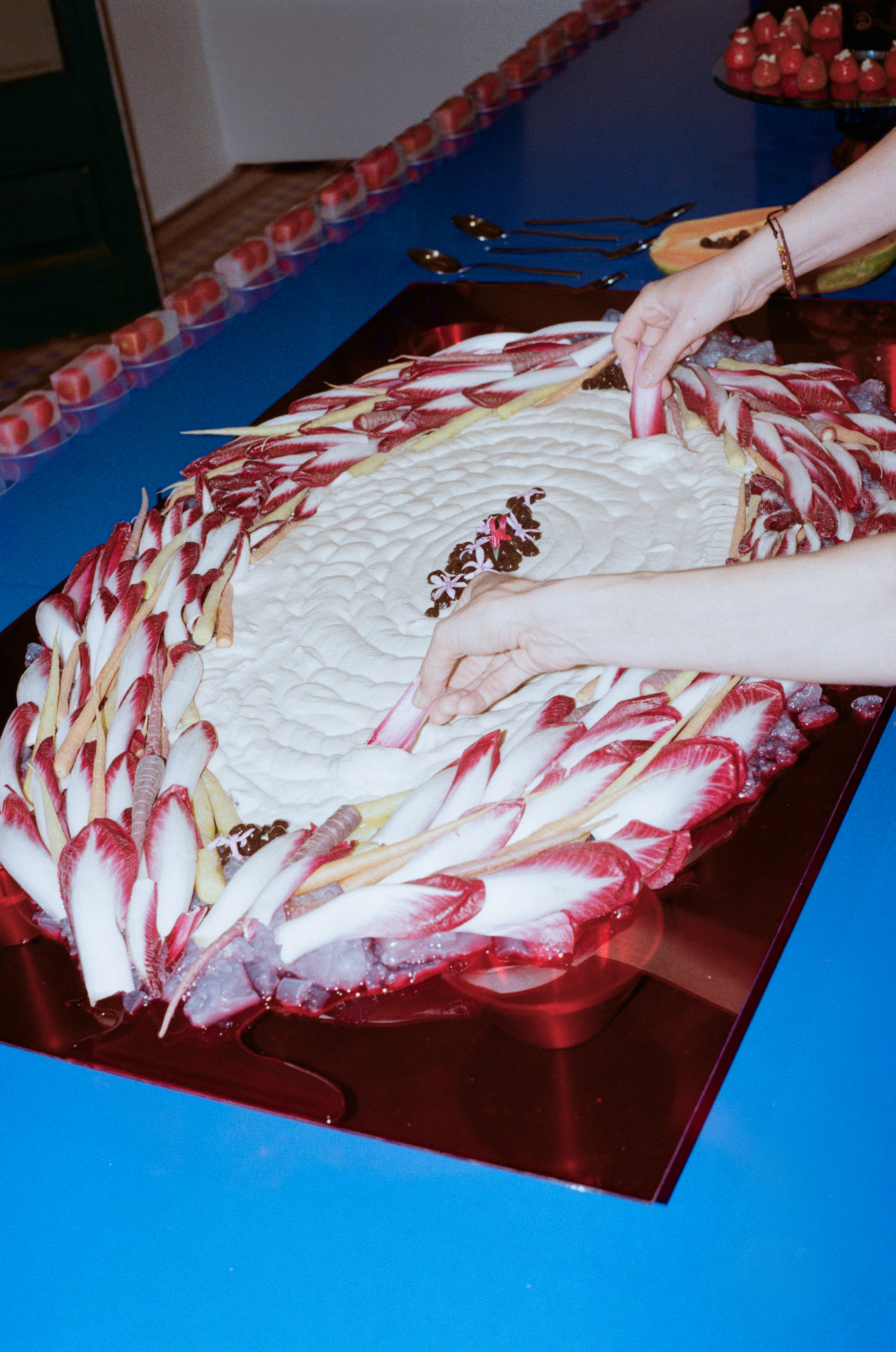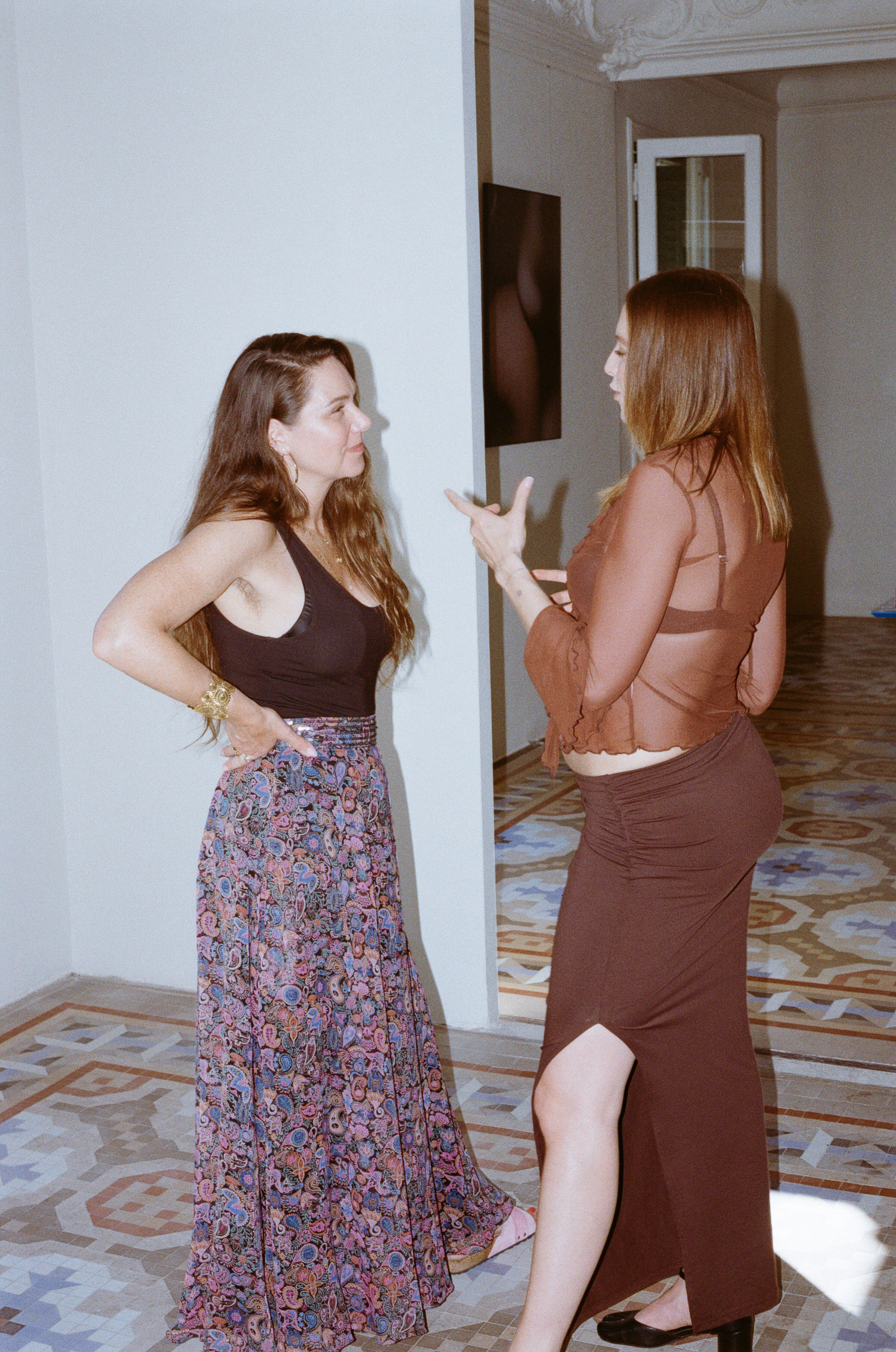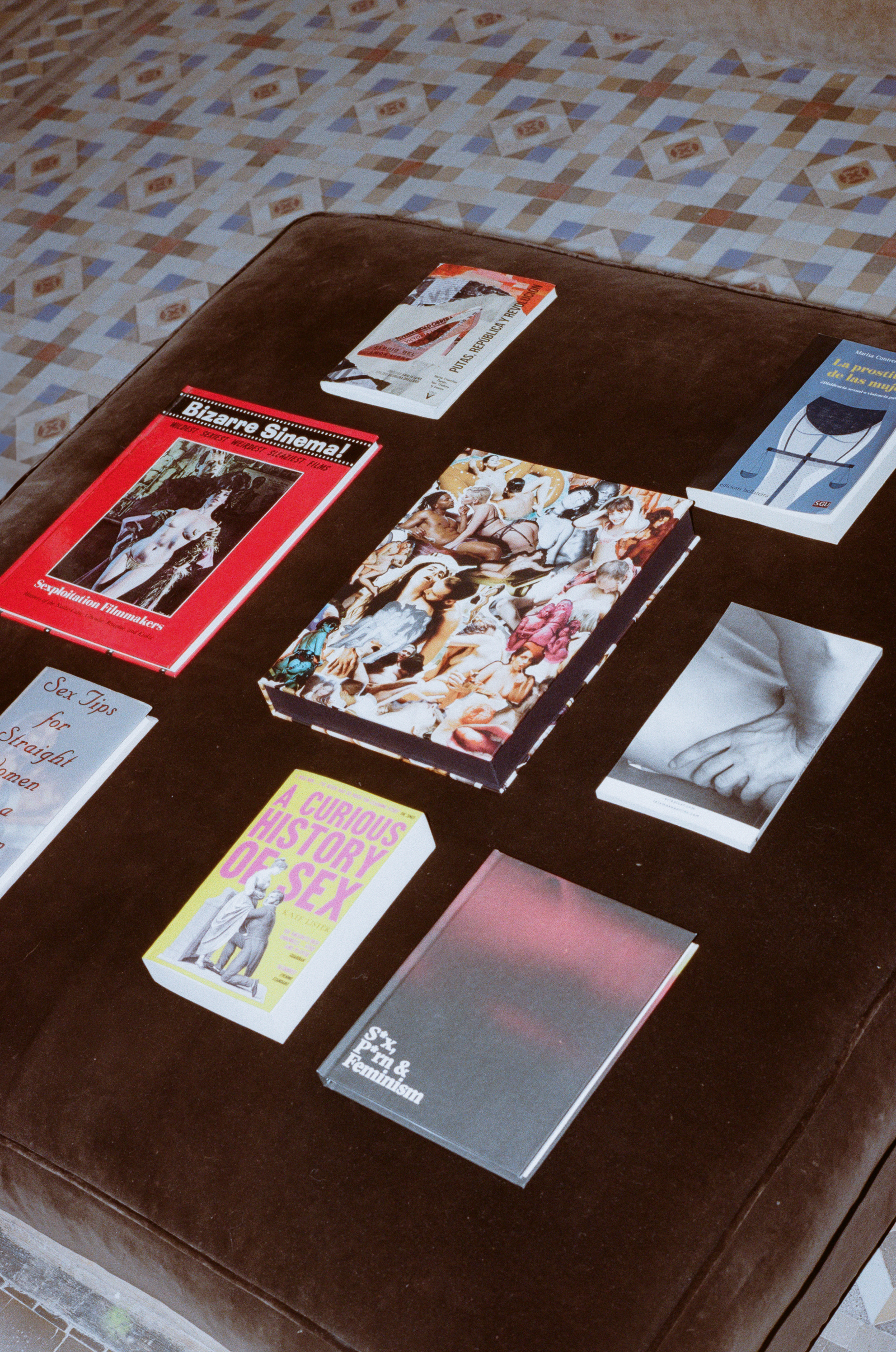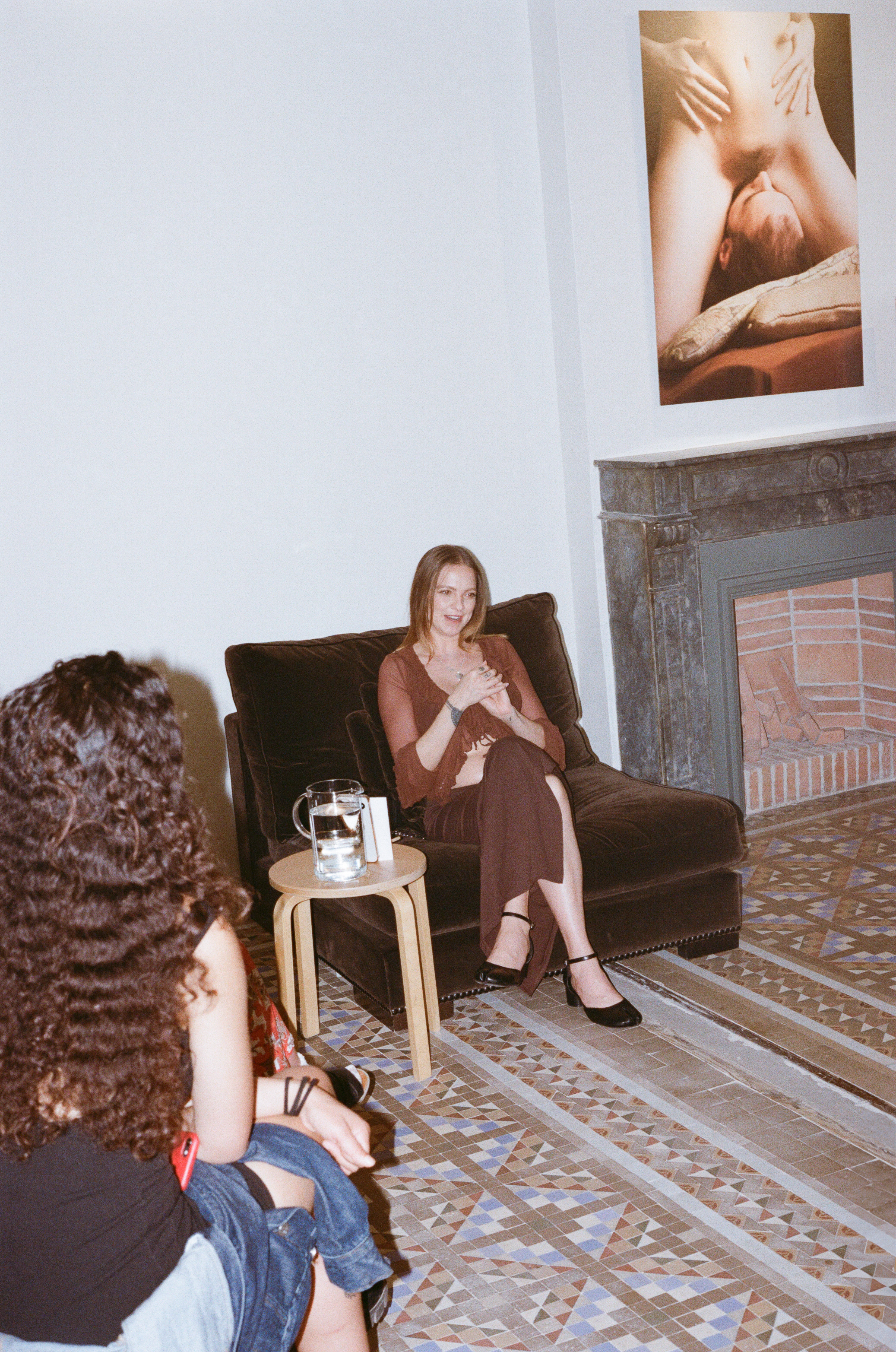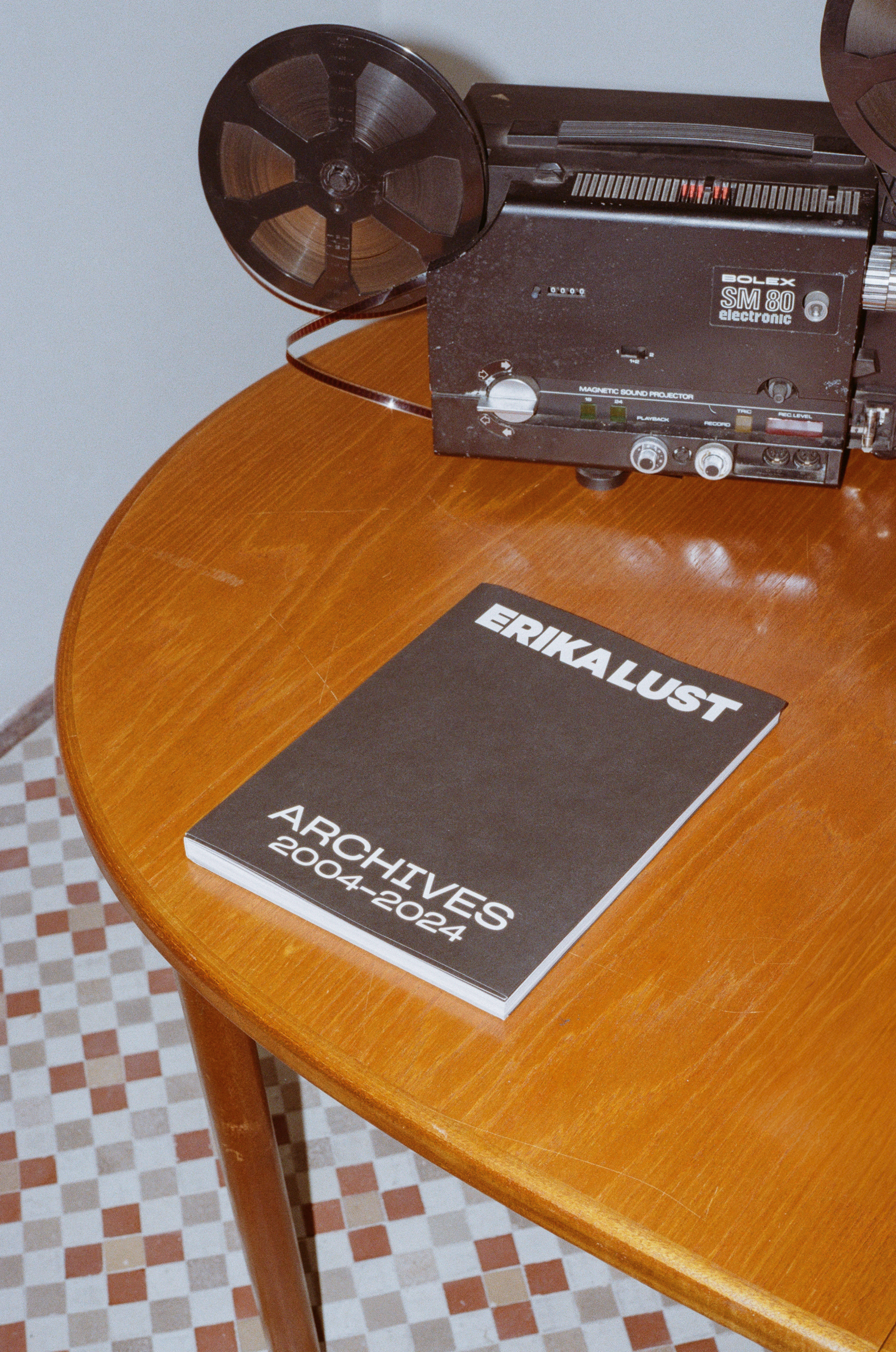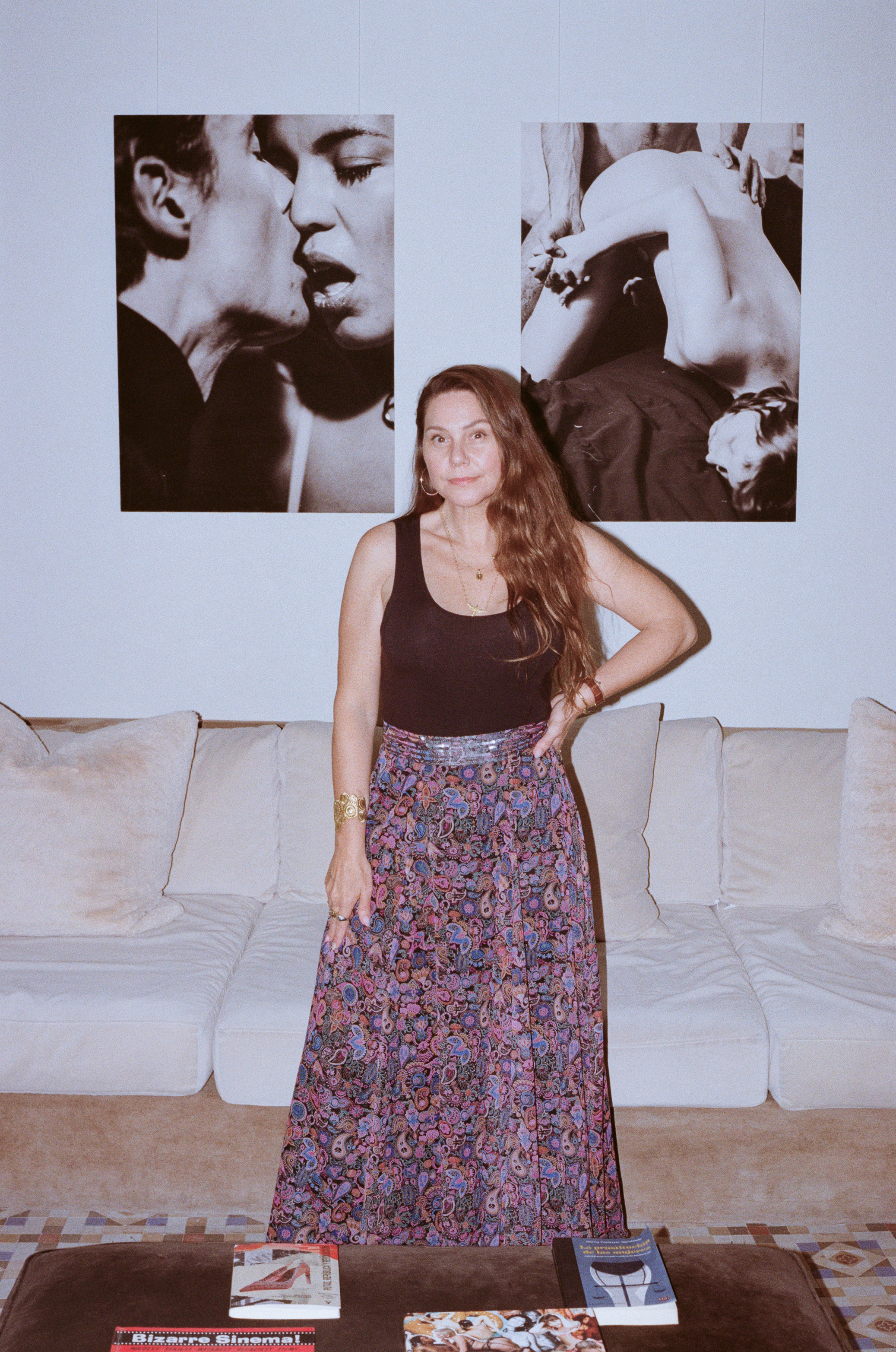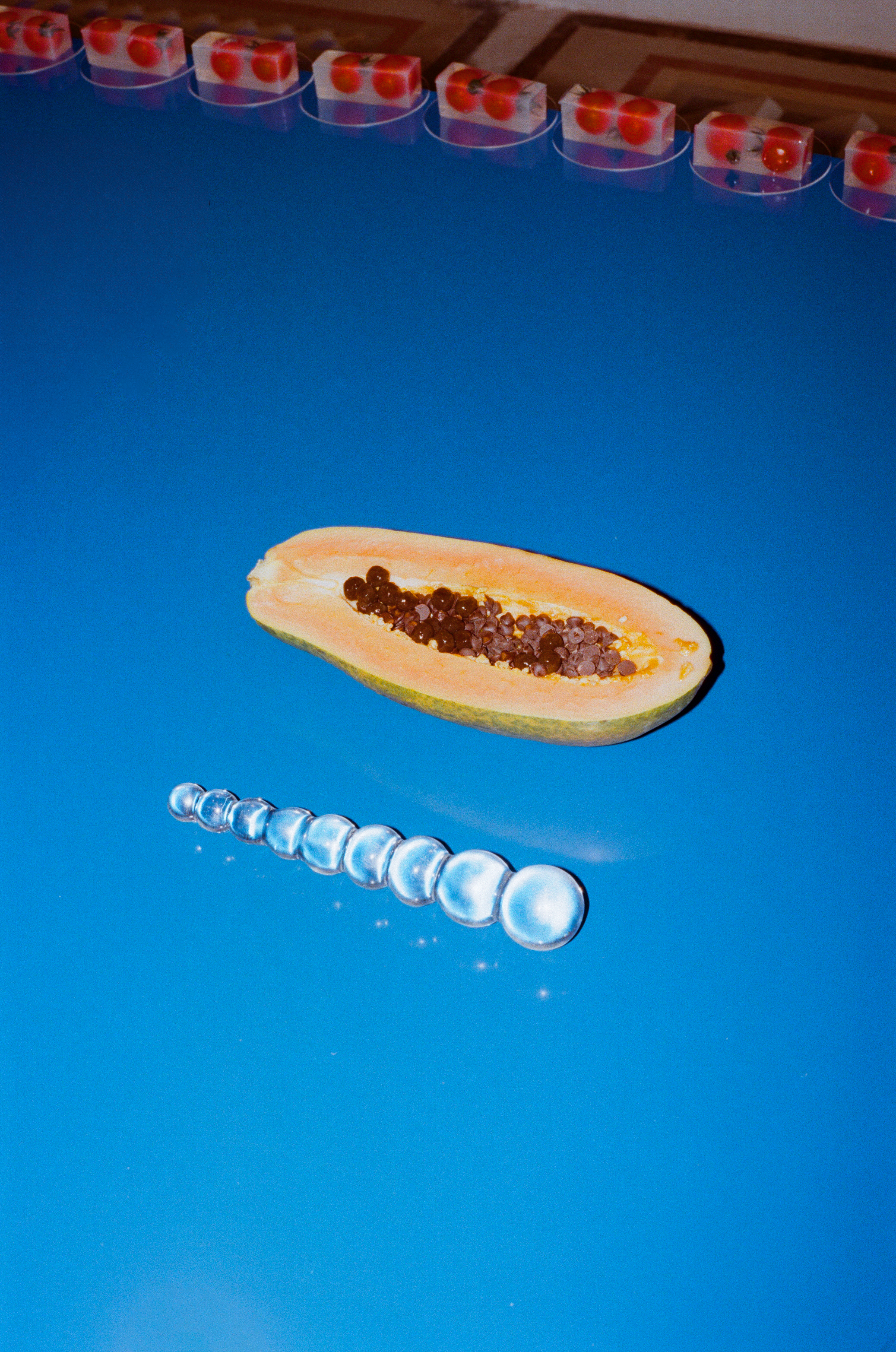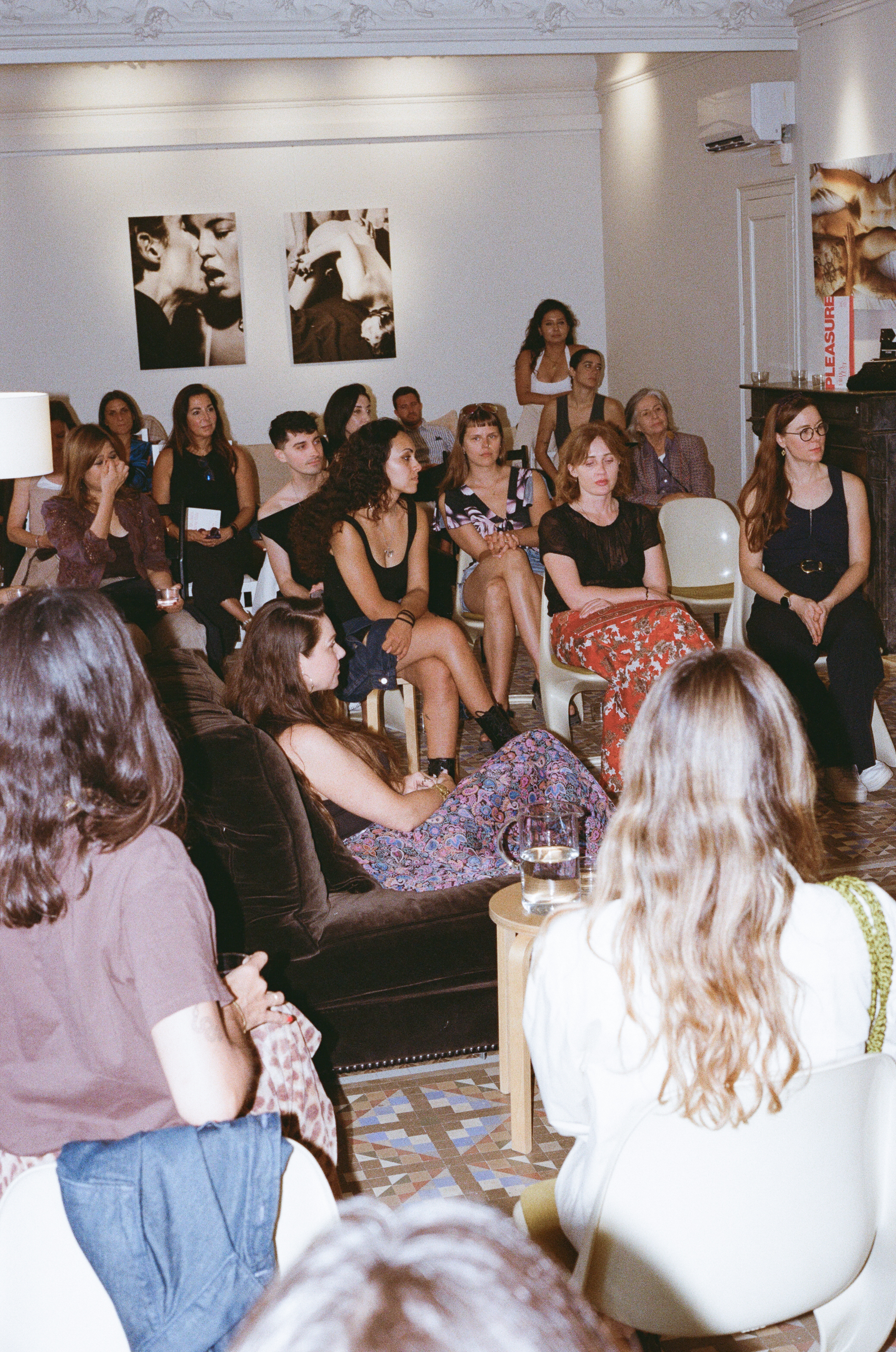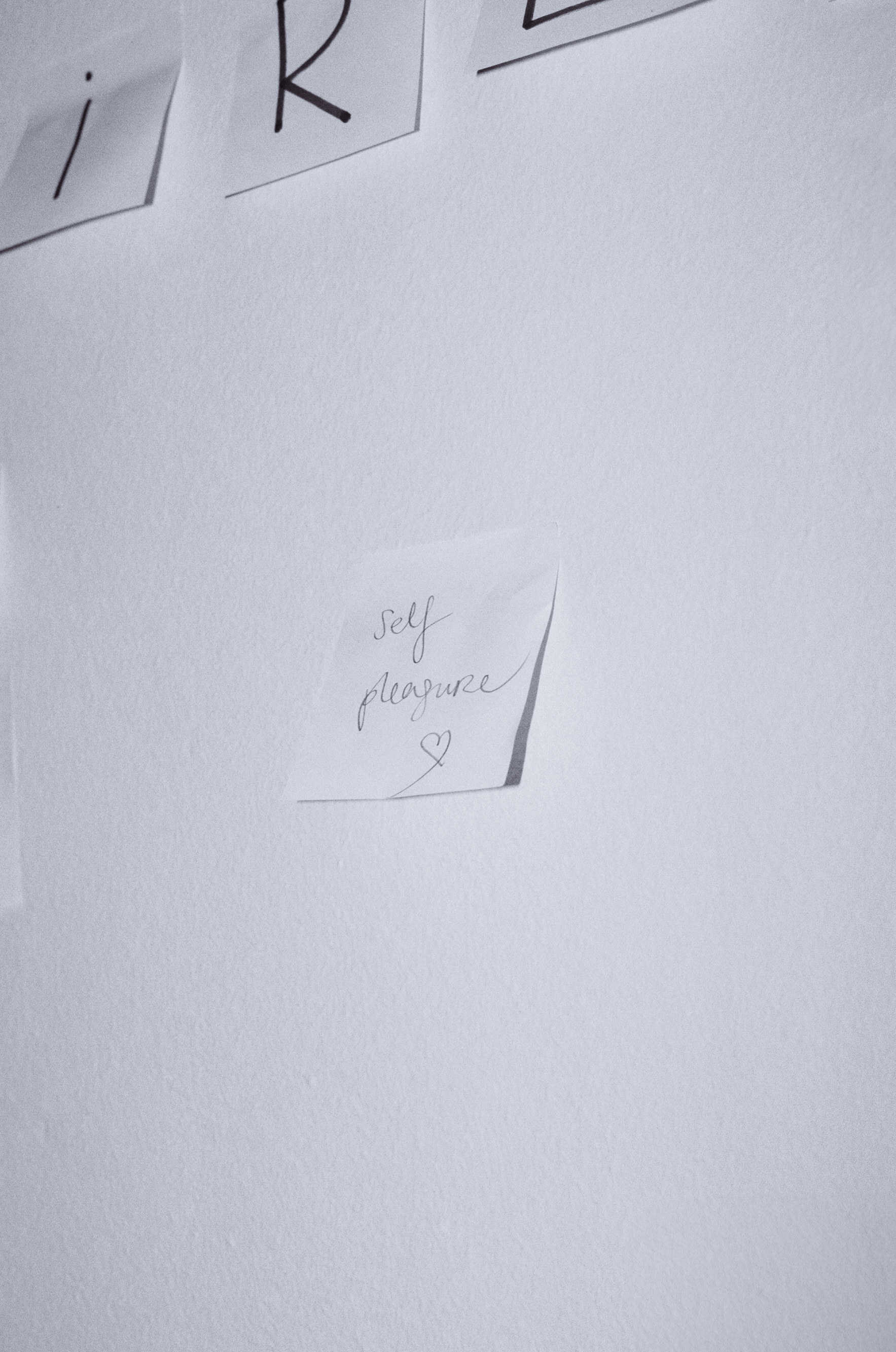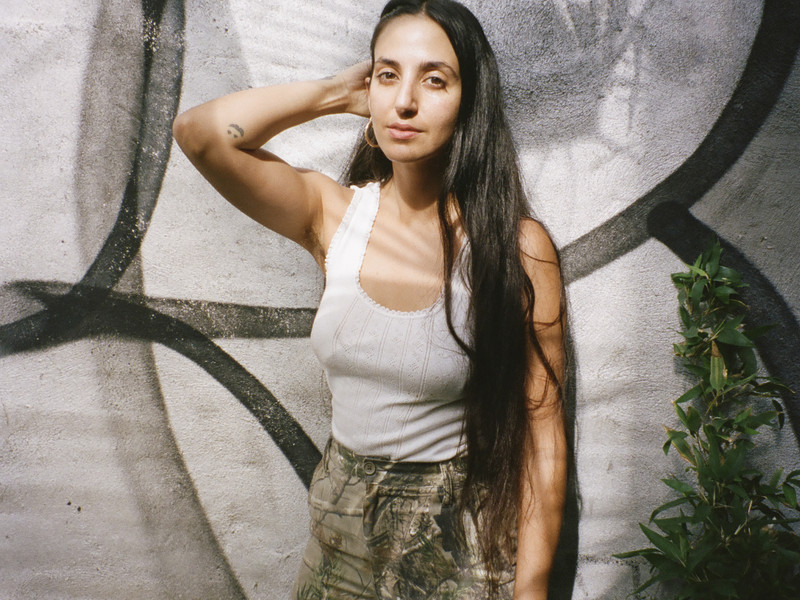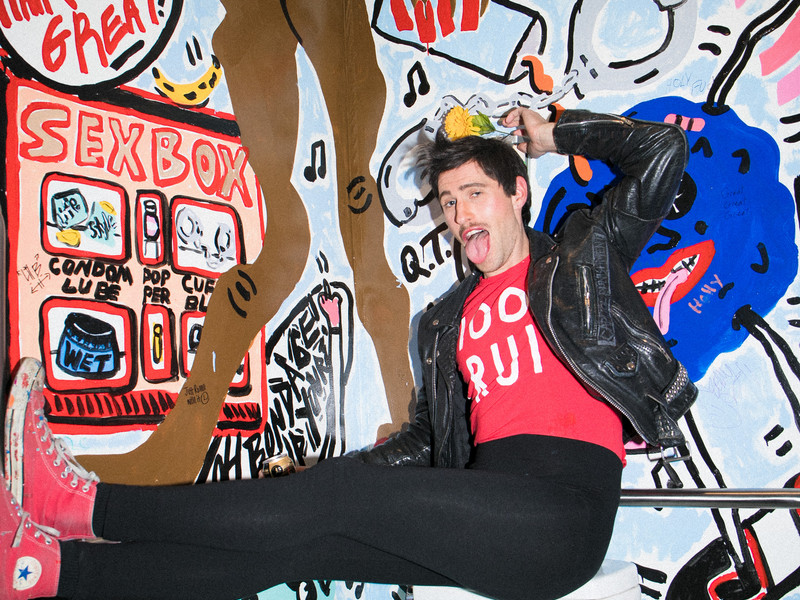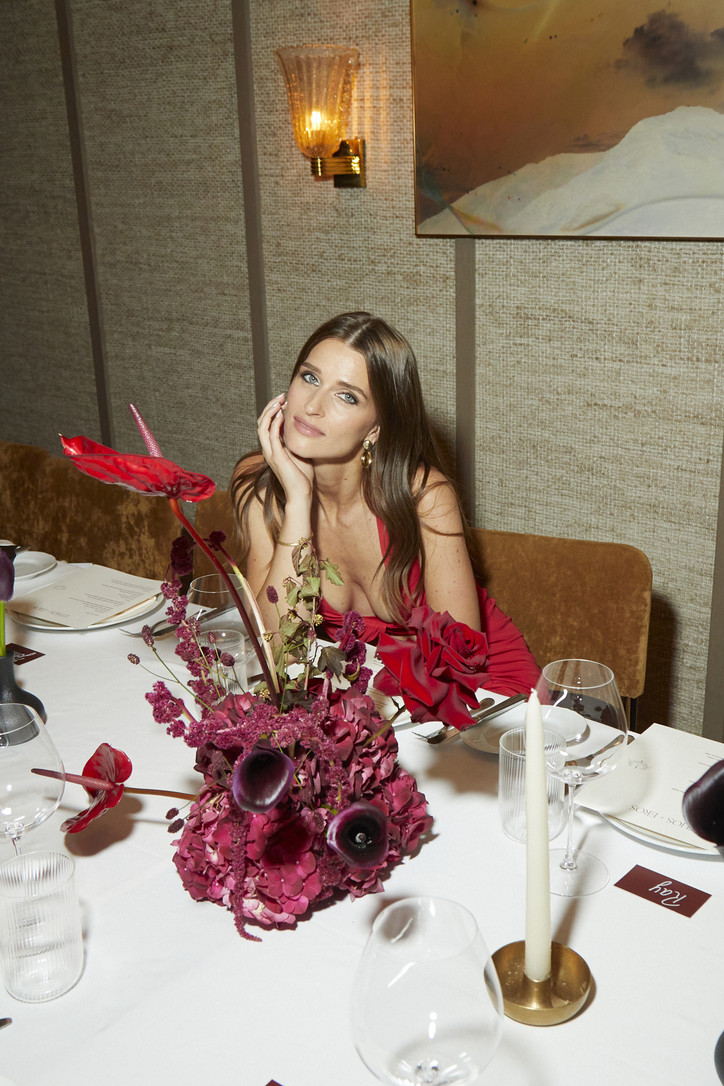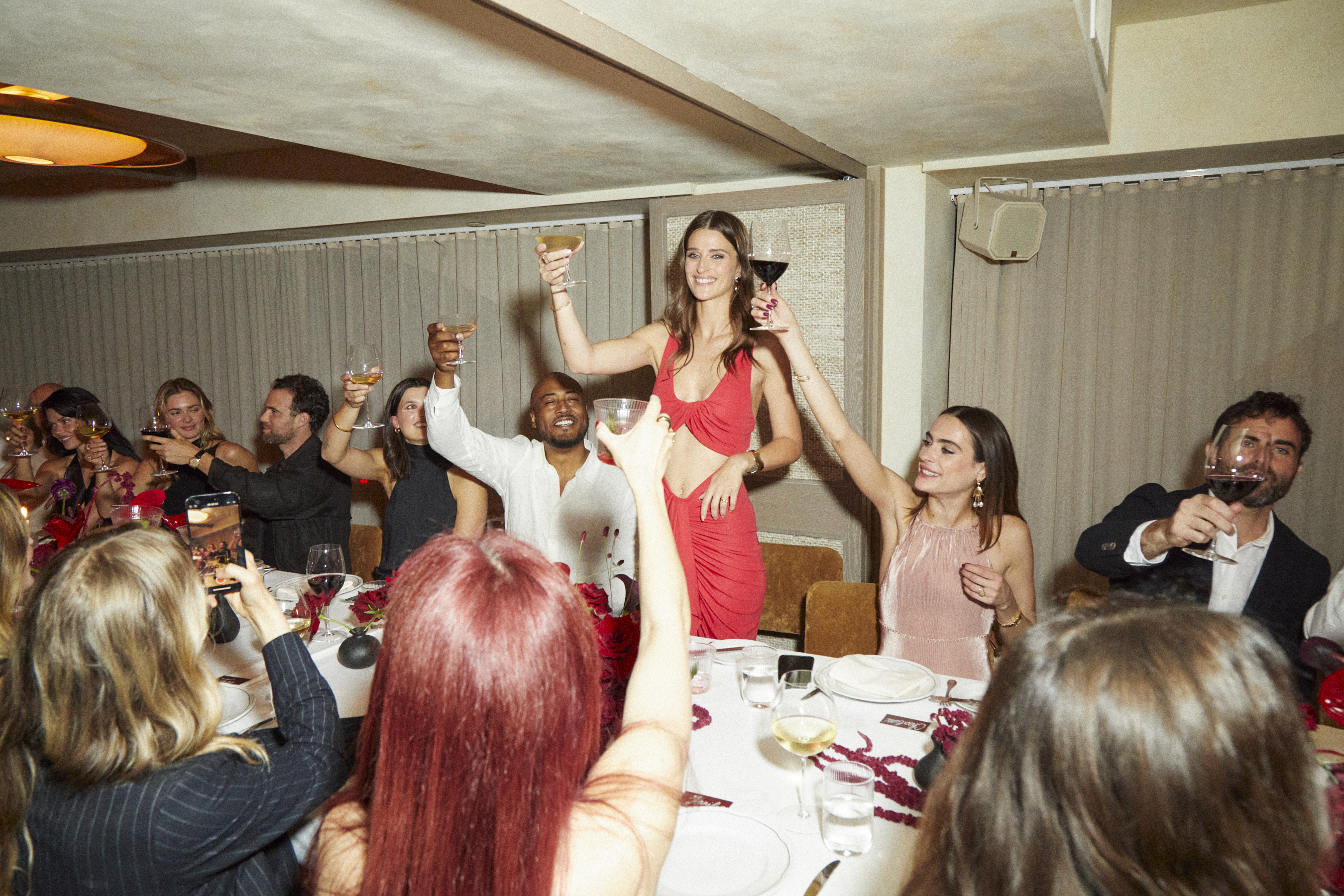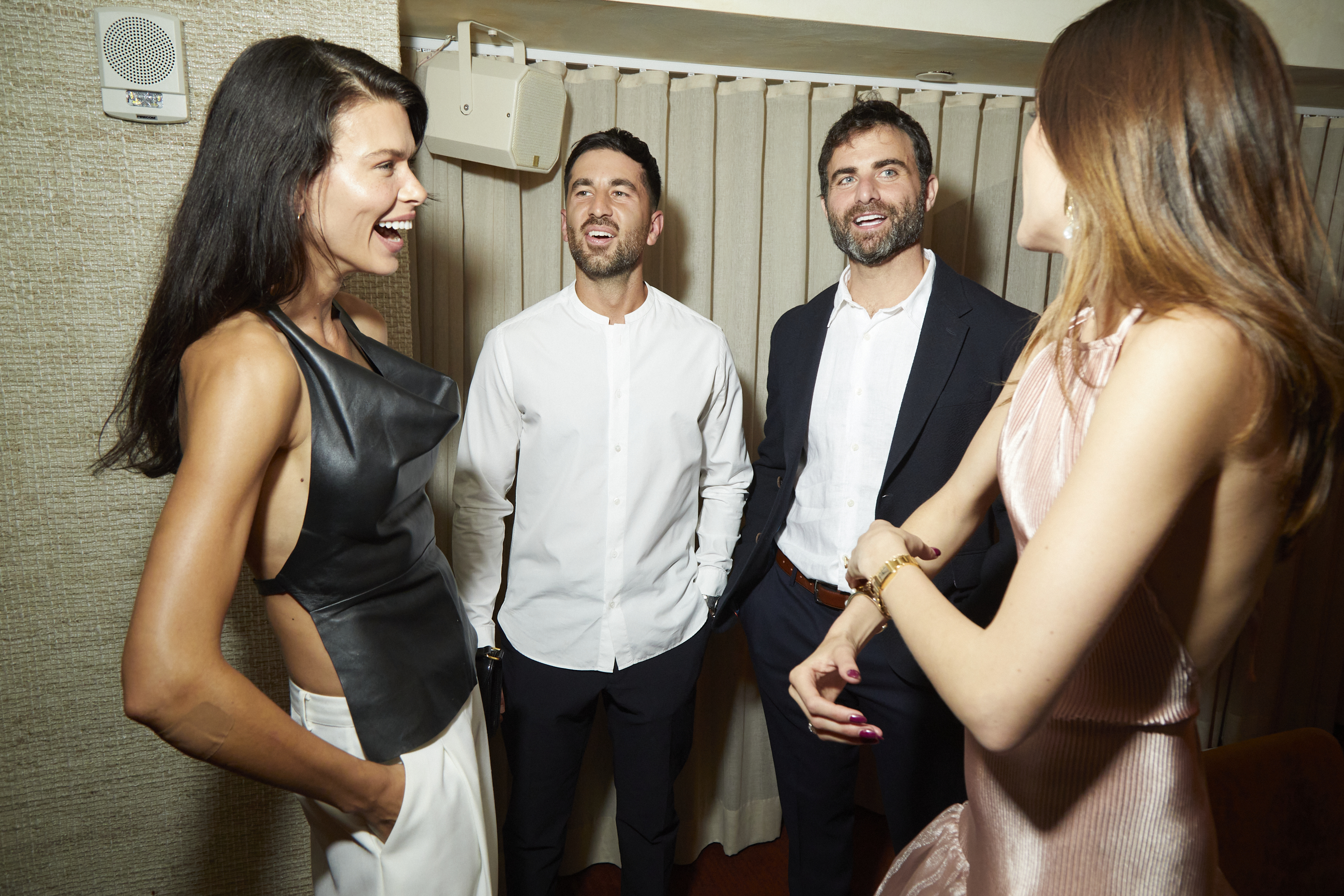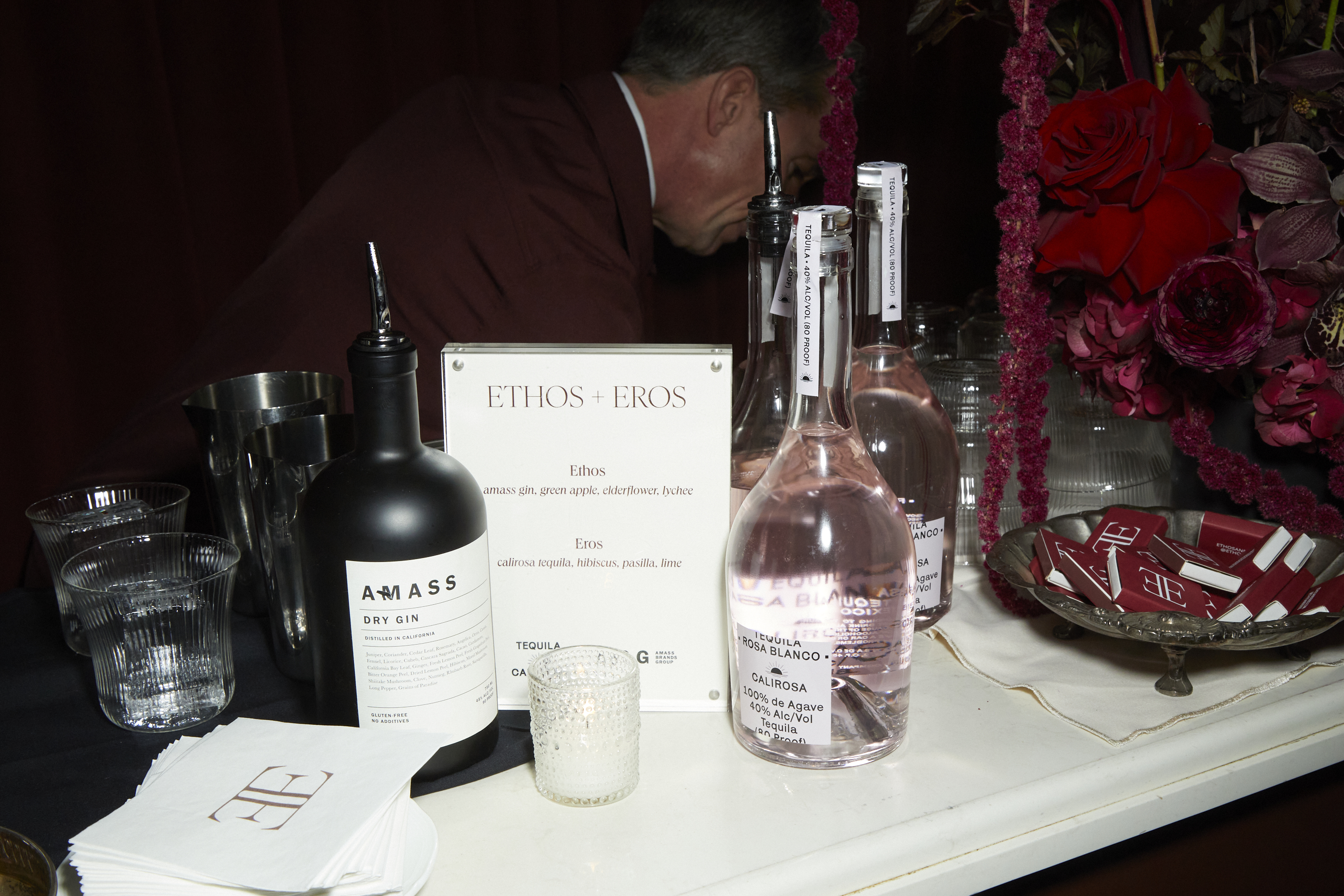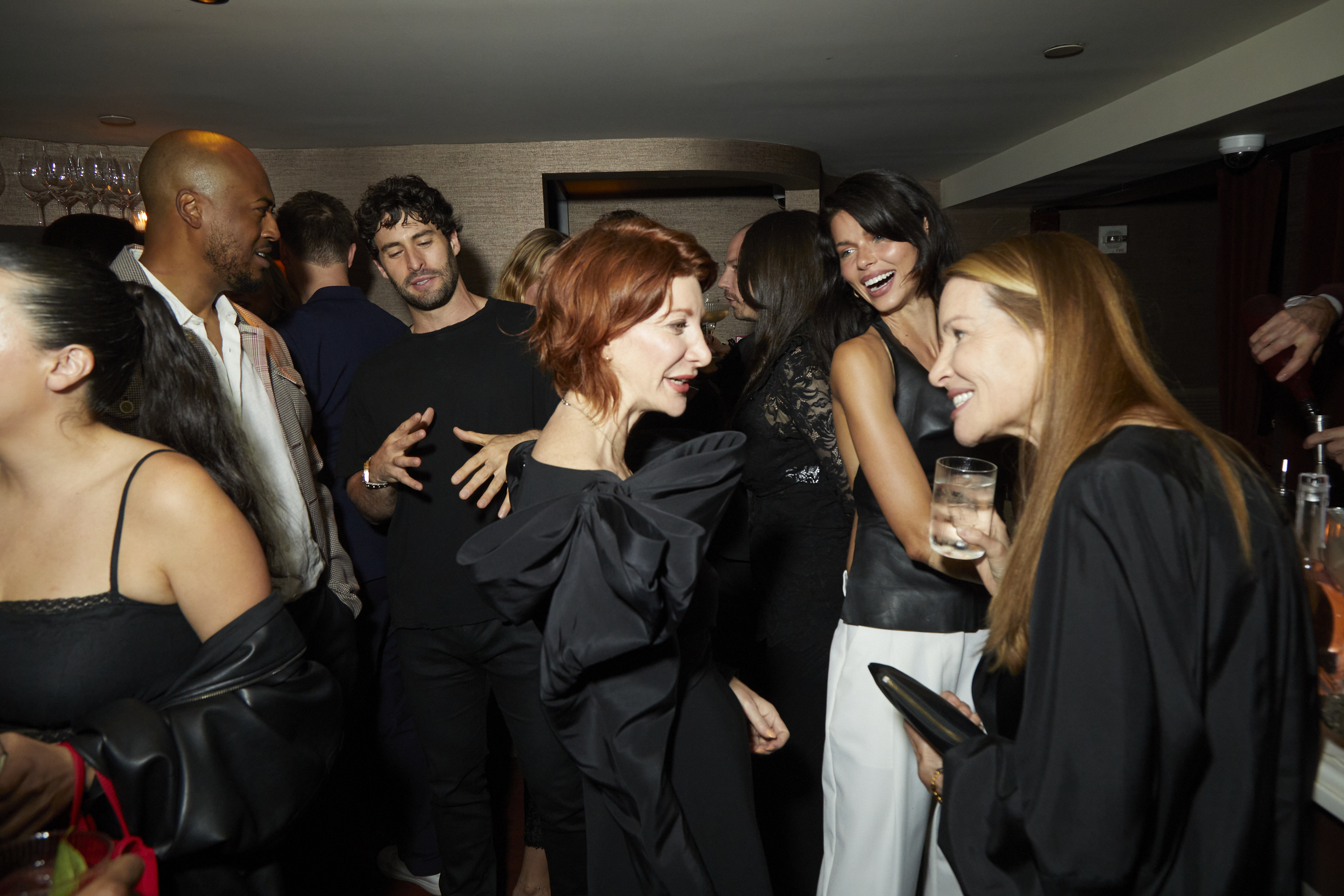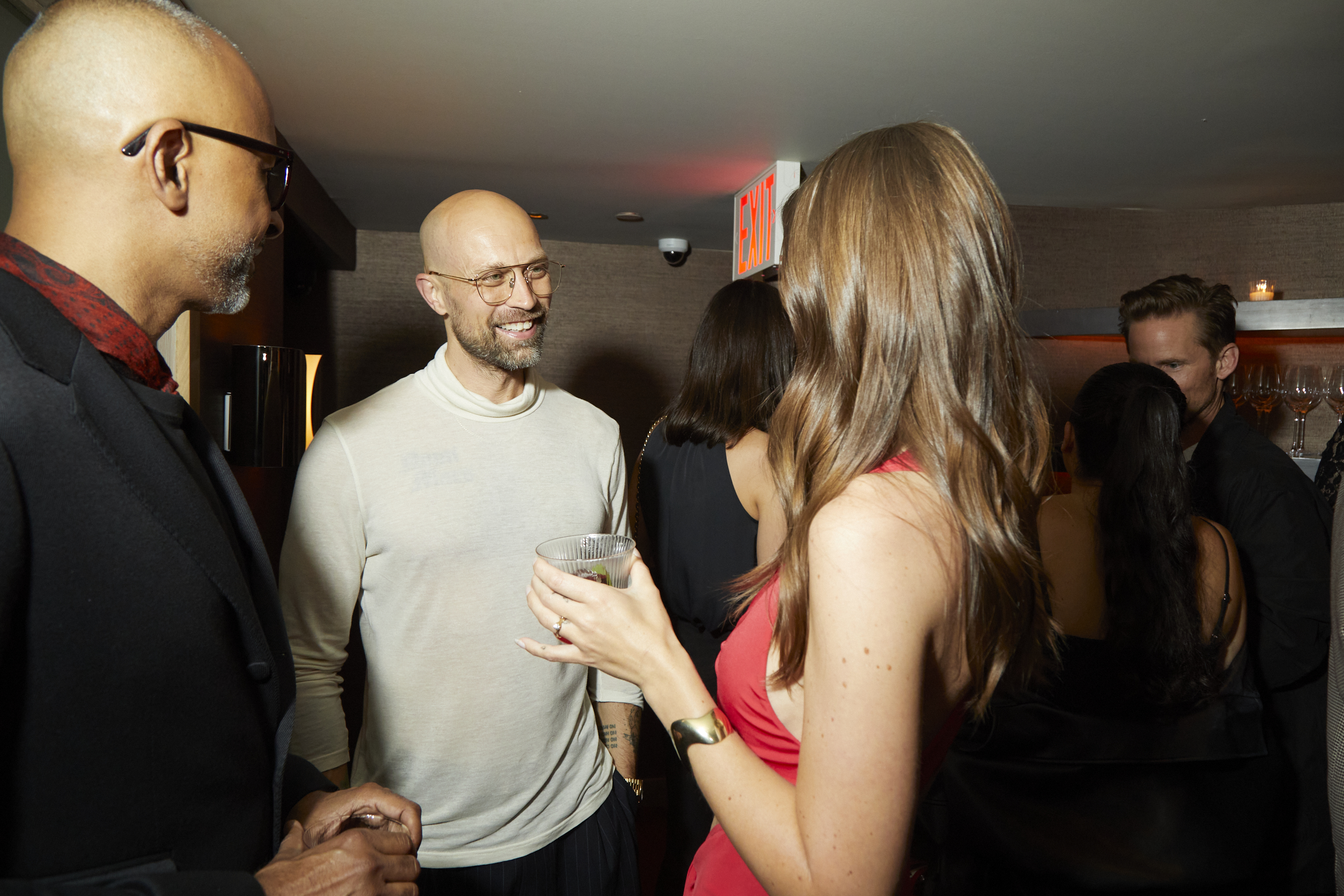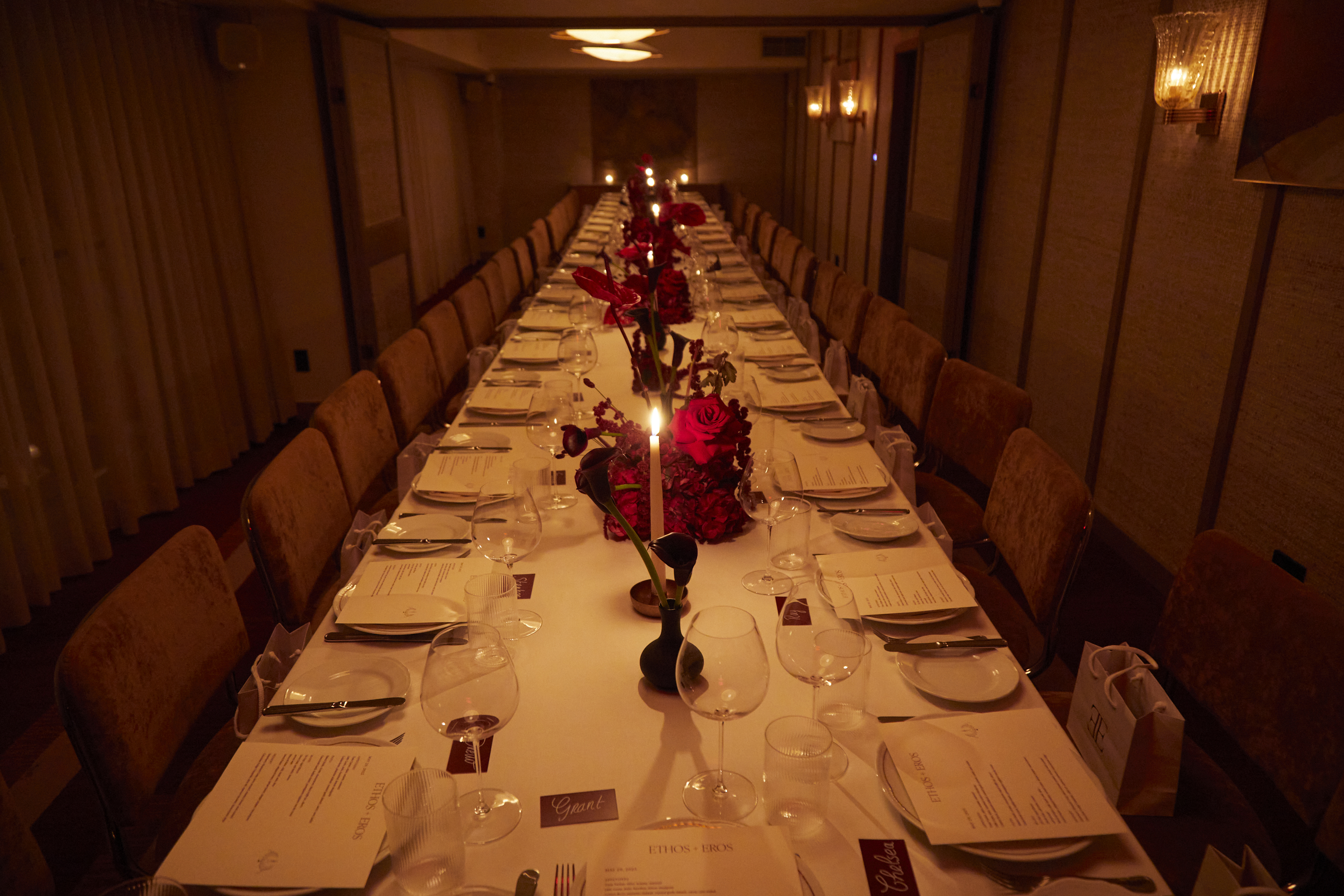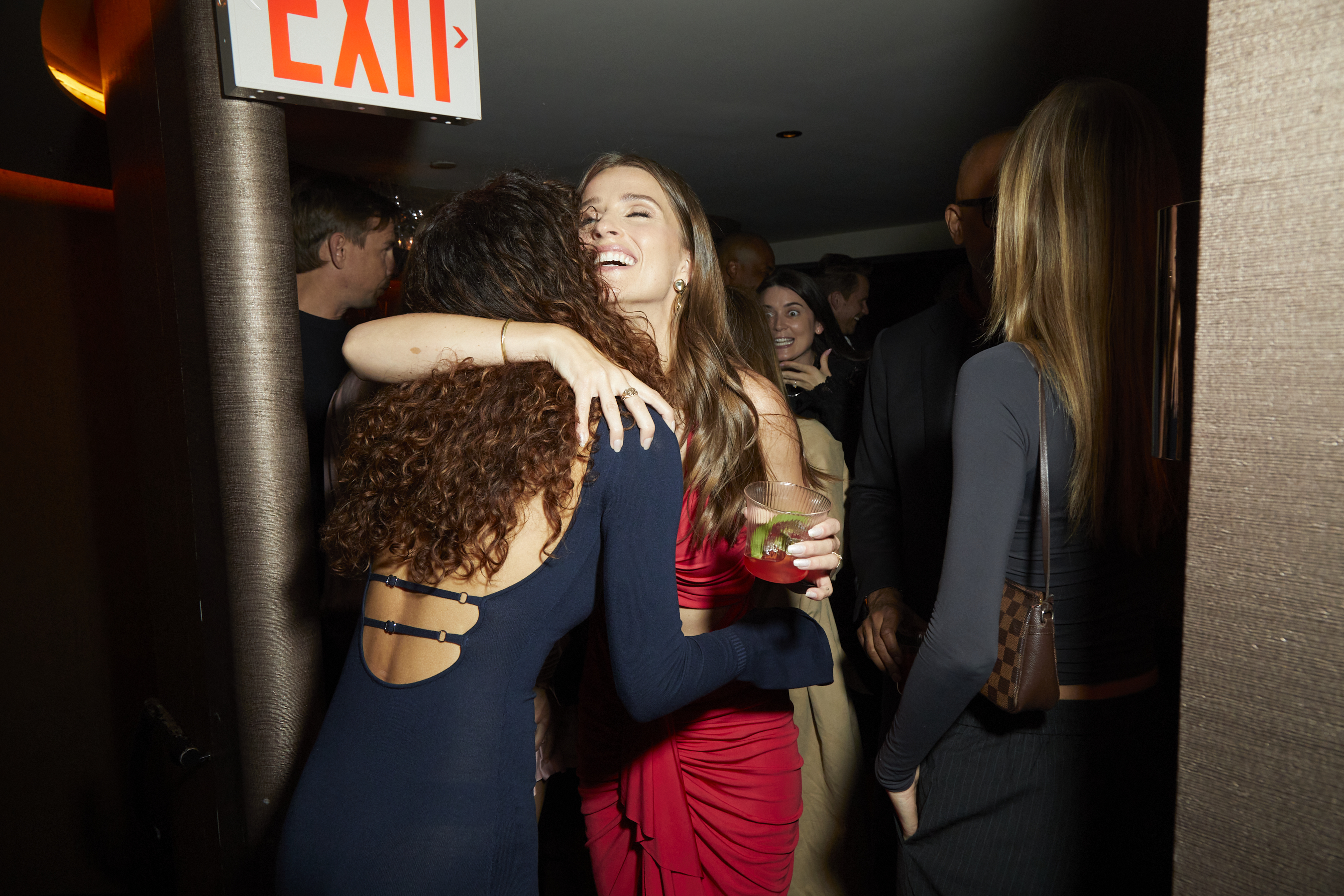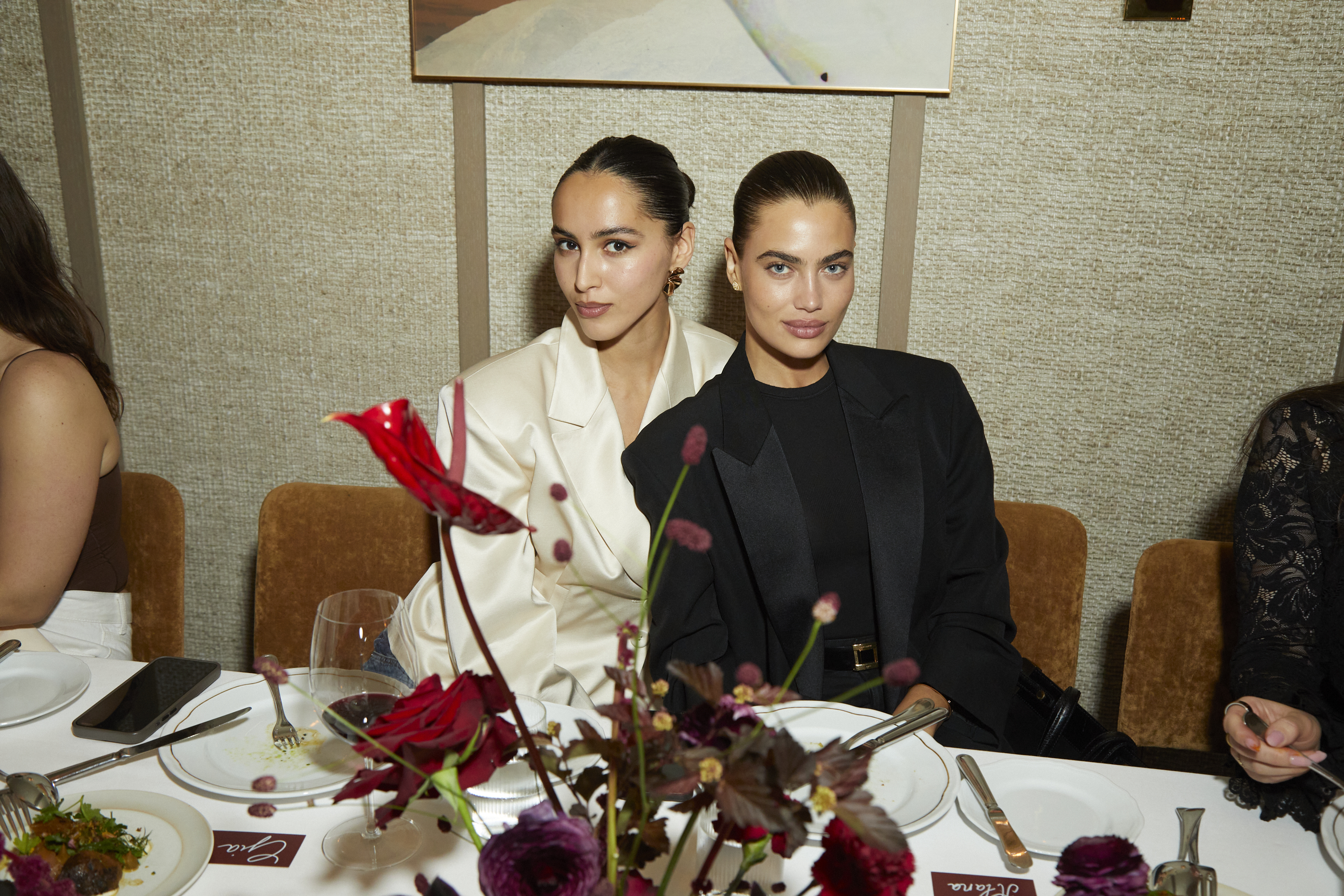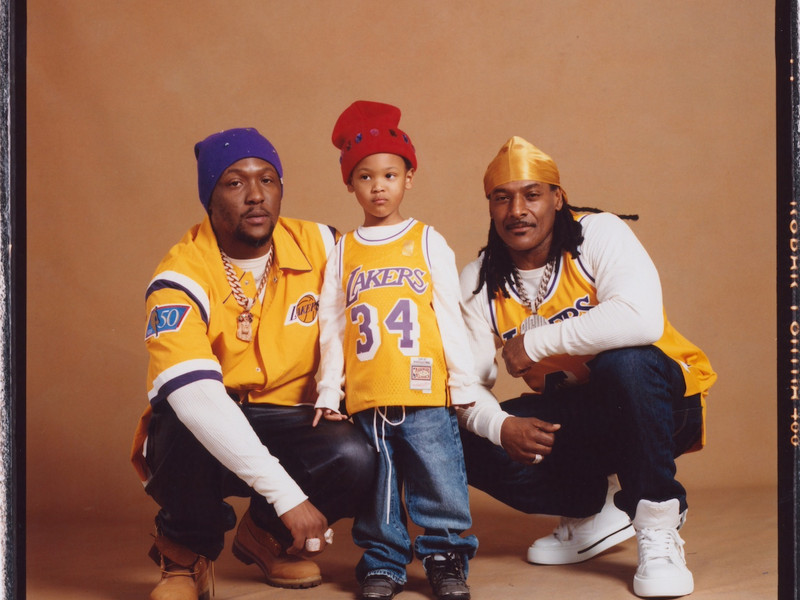God and Knish
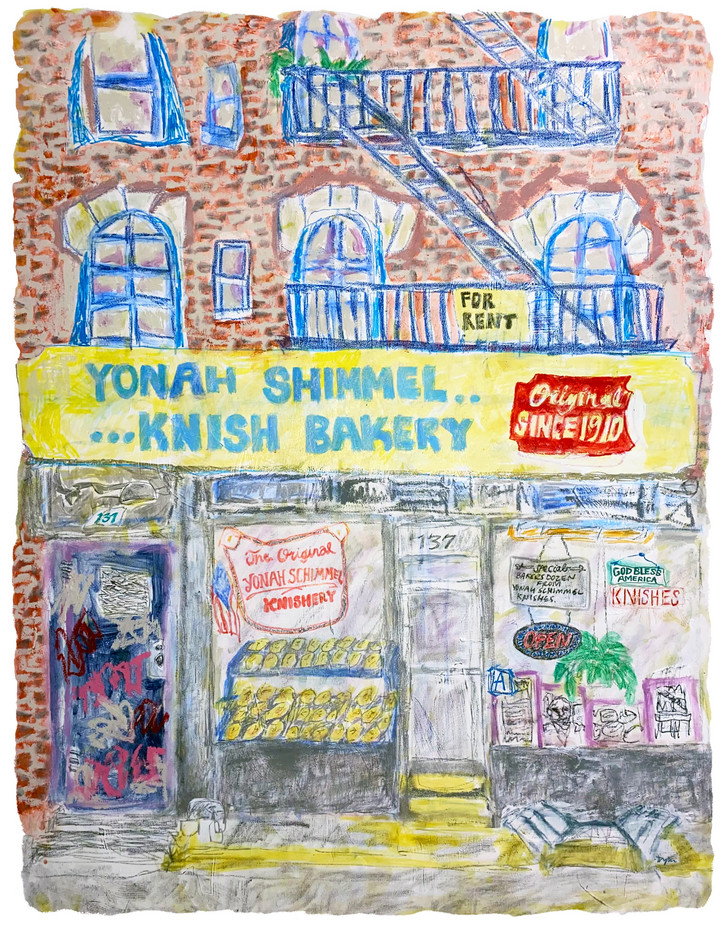
It all began as a pushcart in Coney Island after Yonah Schimmel and his family had just immigrated from Eastern Europe to America so that Schimmel could teach the Torah. Due to an overwhelming number of fellow immigrants and a general lack of resources, Schimmel’s wife began doing what she did best to help contribute to the family: making knishes. Eventually, the Schimmels opened their first shop a few doors down from where they would permanently settle in LES a few years later.
Since then, the shop has undeniably taken on an elevated status, despite maintaining all of its original hardware down to the very same countertops from 1910. With features in Forbes and mentions in the Museum of the City of New York, Yonah Schimmel exists in an industry sweet spot somewhere between a hidden gem and NYC time capsule staple. Today, the bakery faces a different set of hardships as small businesses all around NYC have been forced to close up shop. When I asked Ellen if she had concerns surrounding the bakery and COVID, she paused on the other side of the phone, eventually sighing, “Yes, but thank God we are still around. I mean, we’ve already survived the Spanish Flu.”
Can you tell me about Yonah’s story?
He came to America around 1890. He wanted to teach people about the Torah and spirituality. But when he came to America, it was all immigrants and people just had enough to live by, they had nothing extra to educate themselves. They needed to support themselves so his wife began to make what she knew best which was knishes. They used to sell knishes from the pushcart in Coney Island. In 1890 they bought a place a street down from where we are today. In 1910, we moved to the place we are now.
The shop must have heard a lot of stories.
Well when you enter Yonah Schimmel, it takes you 100 years back. You feel the authenticity. People are always speaking to each other across different tables from different cities and countries. There is no, “Your business and my business,” there is united energy. There were a lot of people who got married at the shop. People would come every Sunday and gather at the shop. We all know that there can be two chefs who cool the same dish with the same recipe, but it will still come out differently. So we know it’s all about energy. What could be more powerful than sharing that through food?
Does that stem from your own family’s dynamic?
I personally believe that we’ve been there for so many years because this place has energy from the Bible. The Bible connects to love and unity and you feel it very much here. I also want to mention that everything is original here—the ceilings, the counters, the dumbwaiter. So the whole atmosphere brings you back to where it all started.
What is it about the food itself?
Well first of all, what’s a knish? It’s a Yiddish word for dumpling. Yonah Schimmel is not the only place for knishes, but we call it the granddaddy of knishes because the knish was actually invented through our family. I always say you can make it however you want, call it whatever you want, but some things just remain original. I always say that time is made by men, but real things that are made from love never die and love creates continuity.
What's the connection between religion and cooking?
I believe on a personal level that everything is energy. Yonah Schimmel had so much love and devotion that he wanted to share with people… I believe it’s in the knishes. I always say if you’ve never had a Yonah Schimmel knish then you’ve never had a knish





